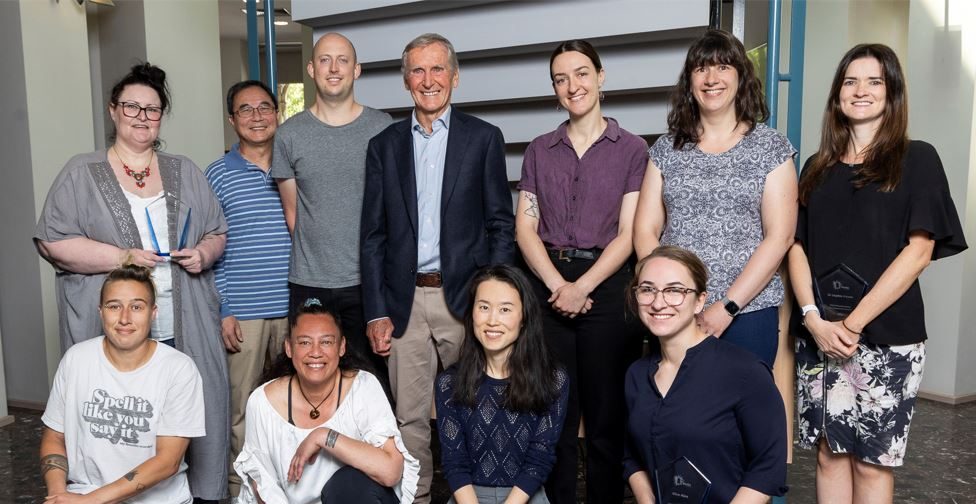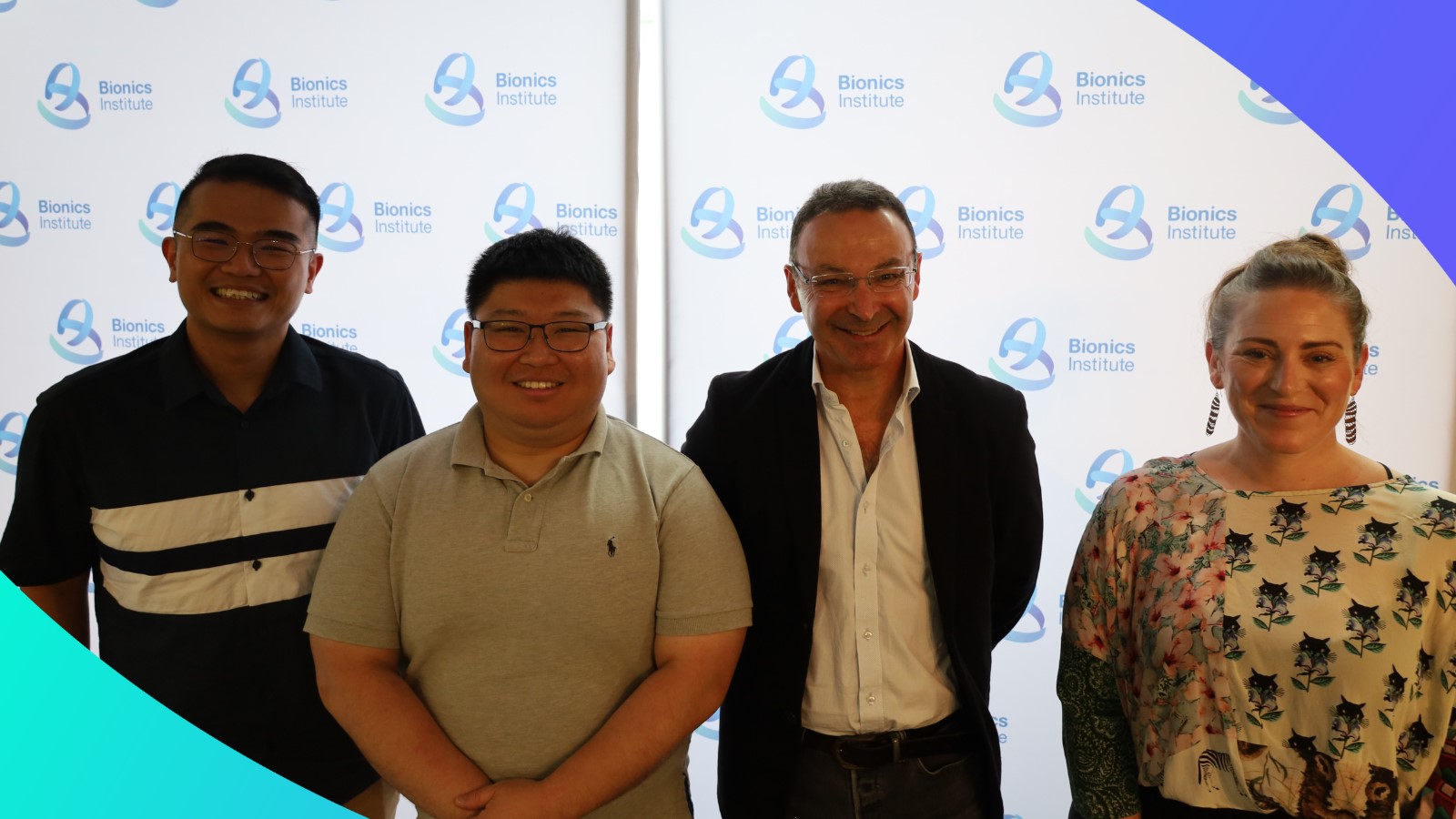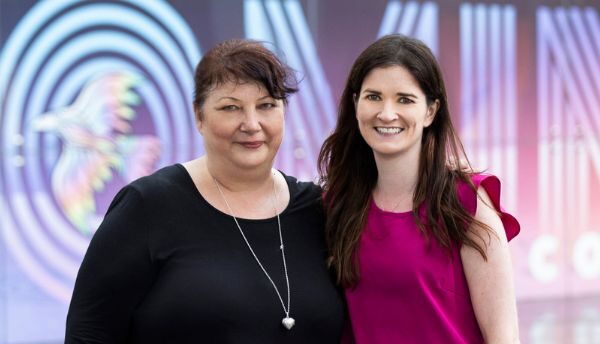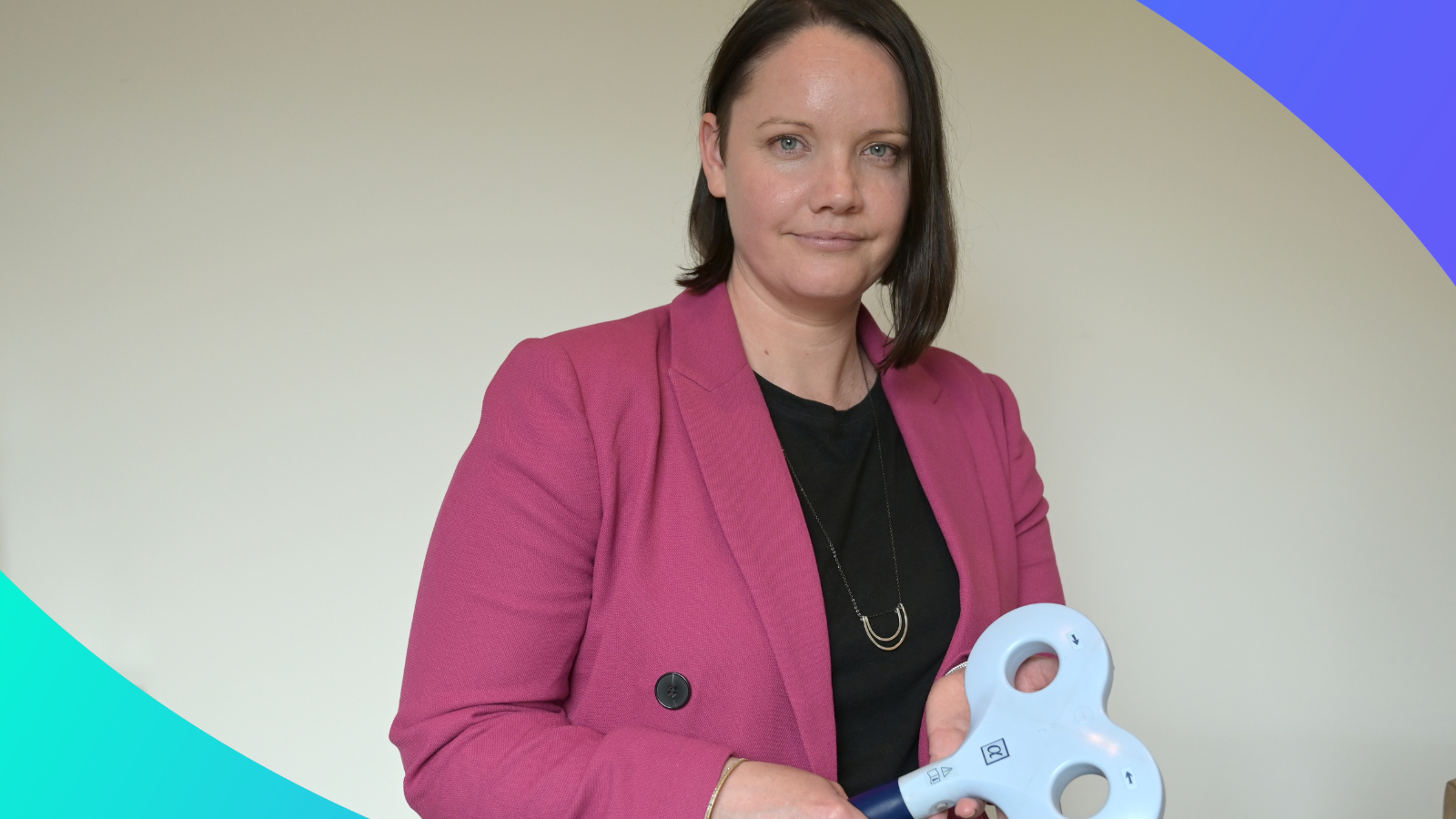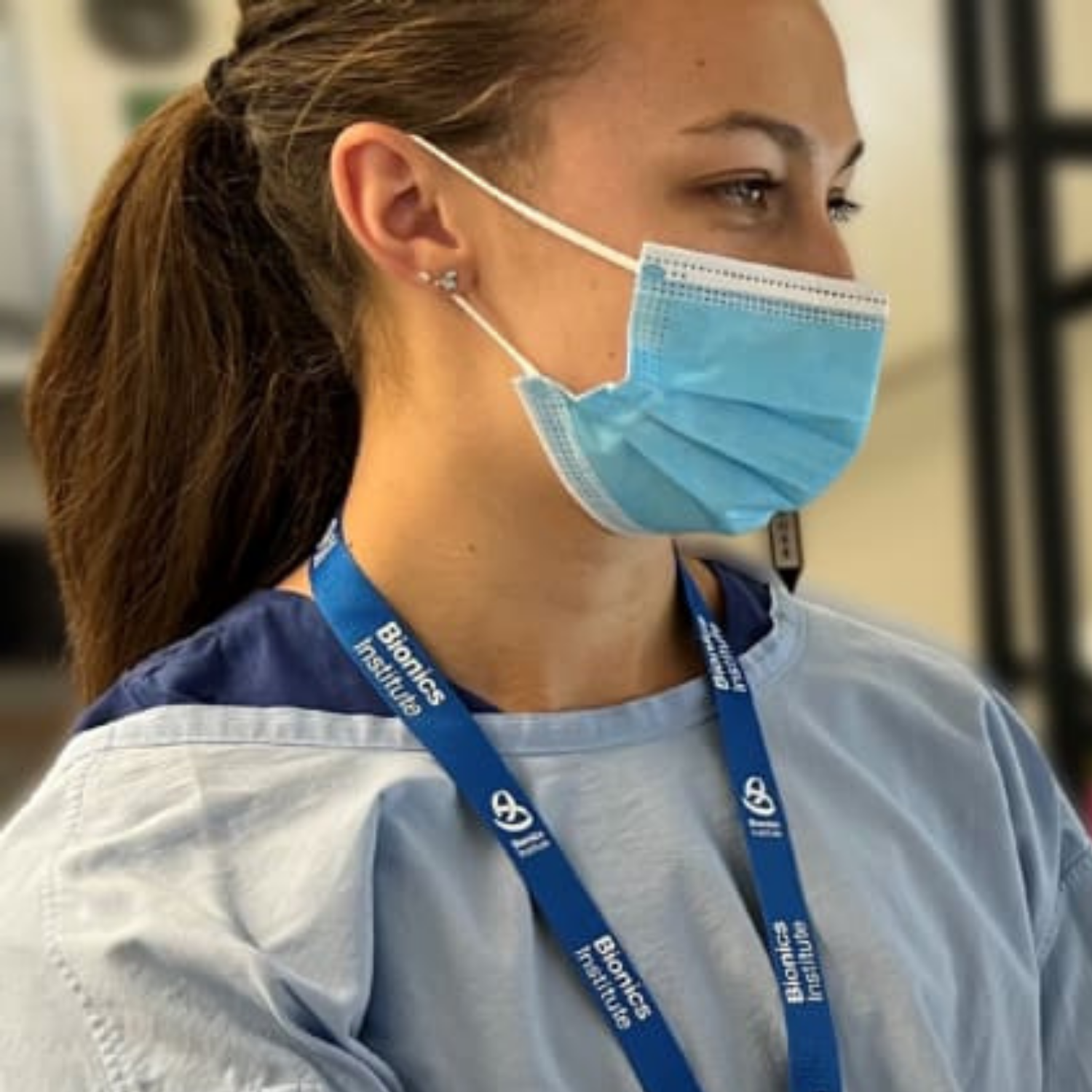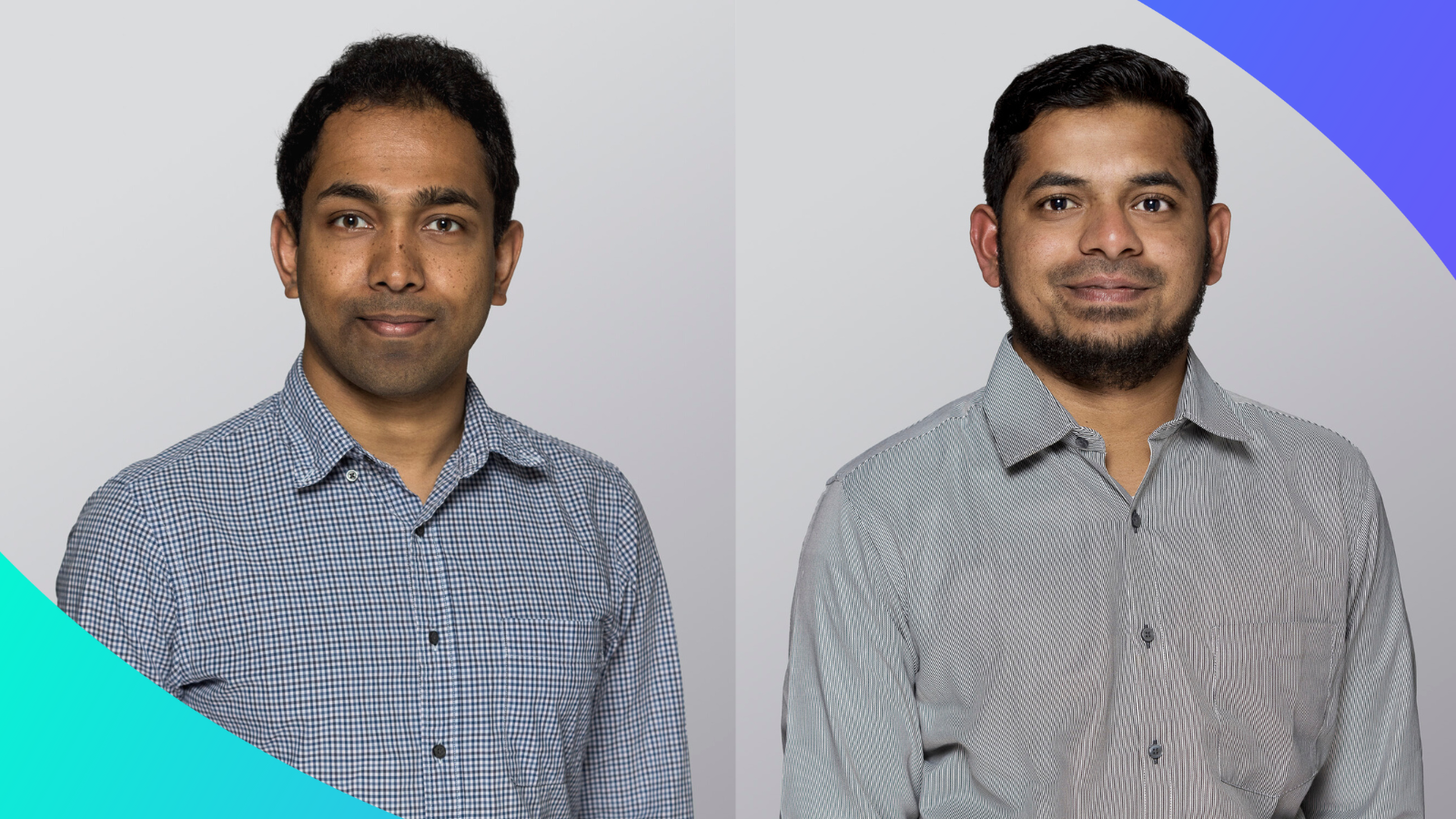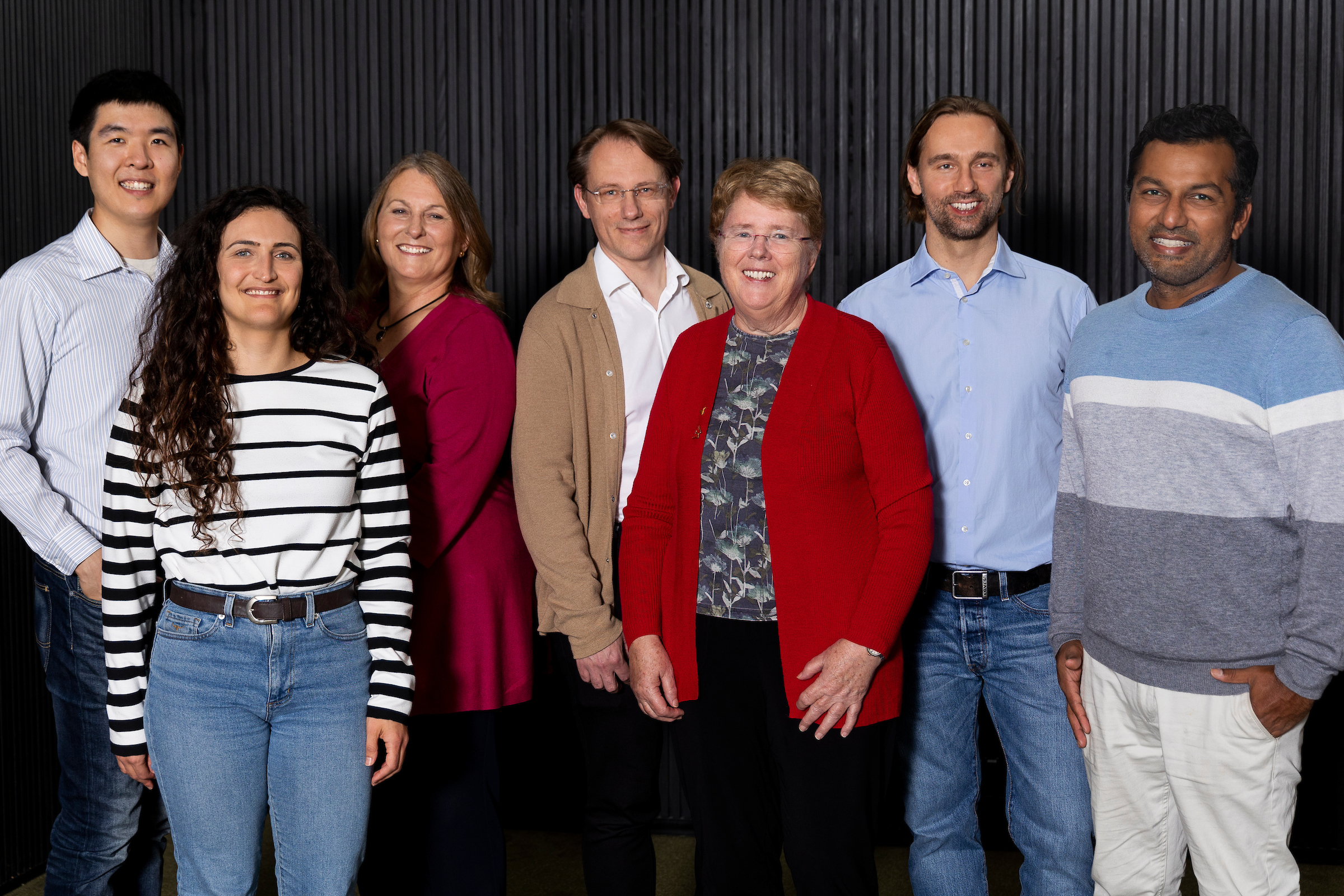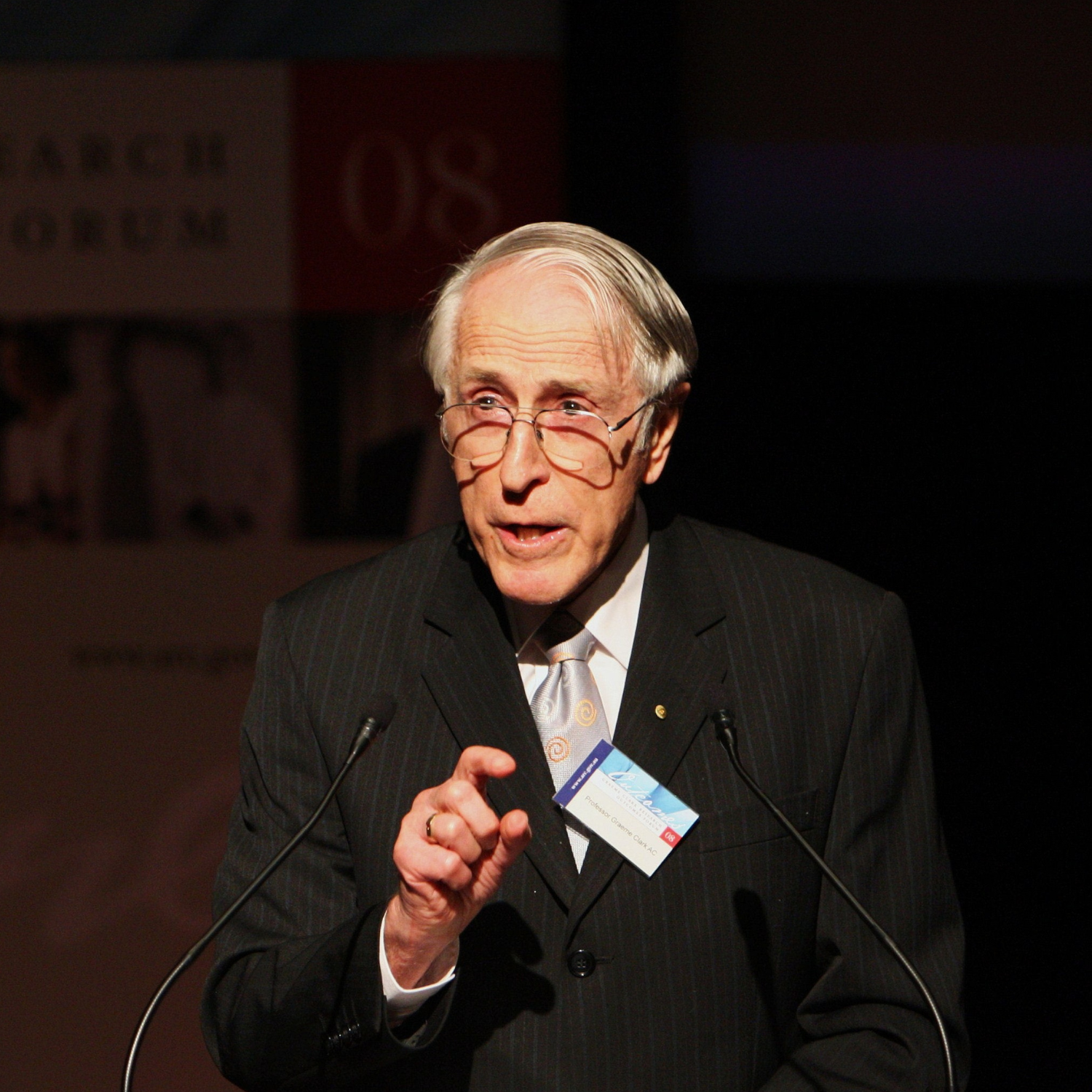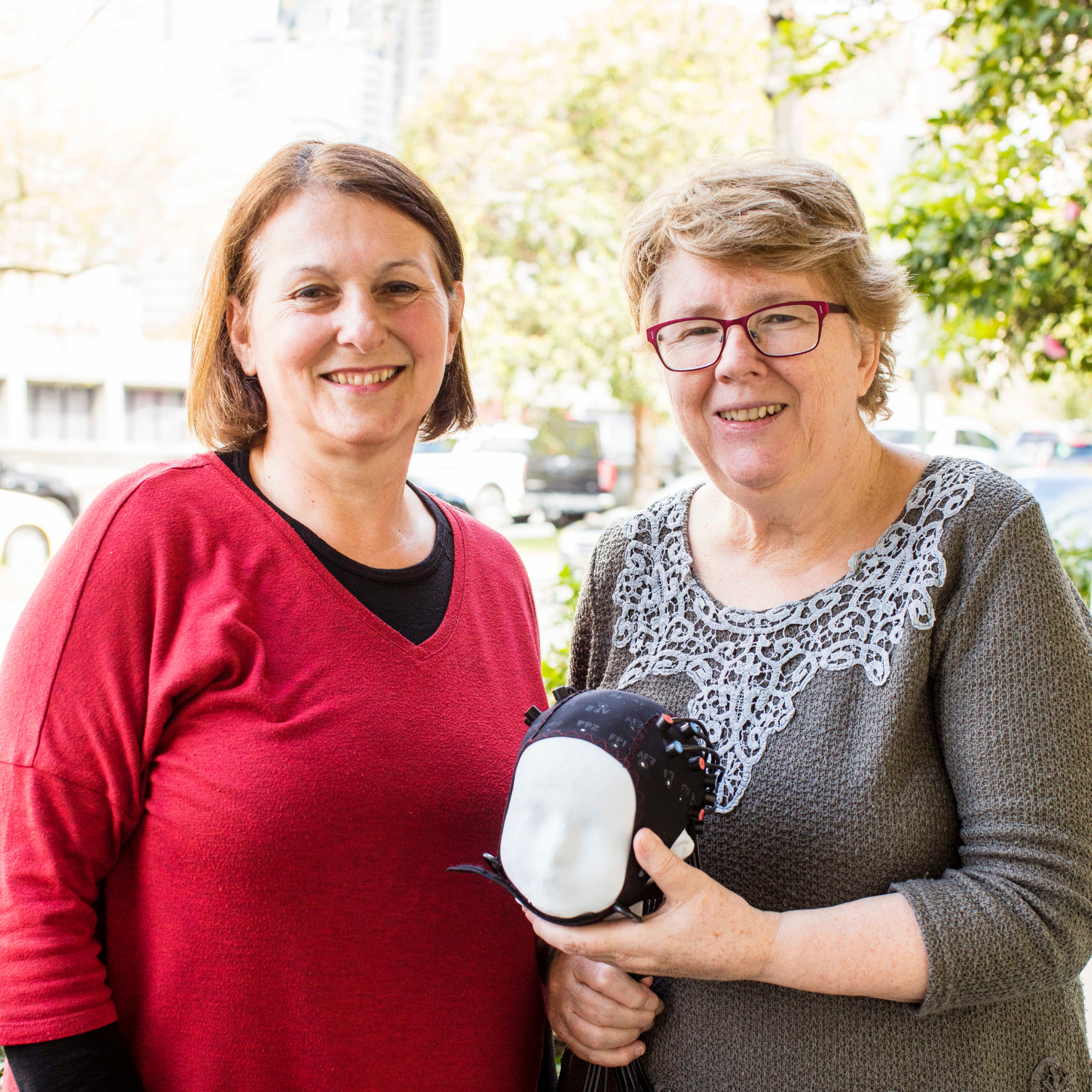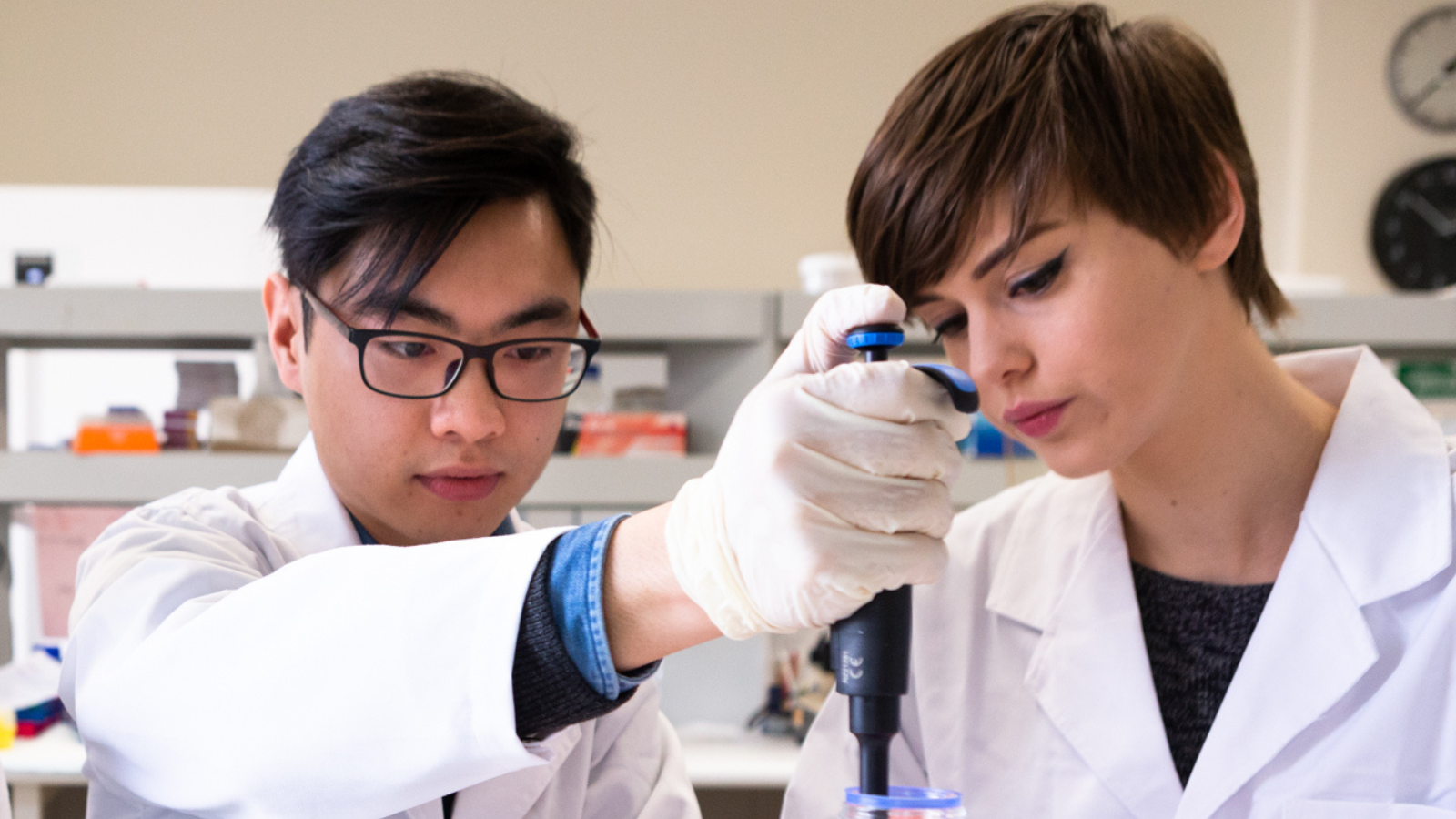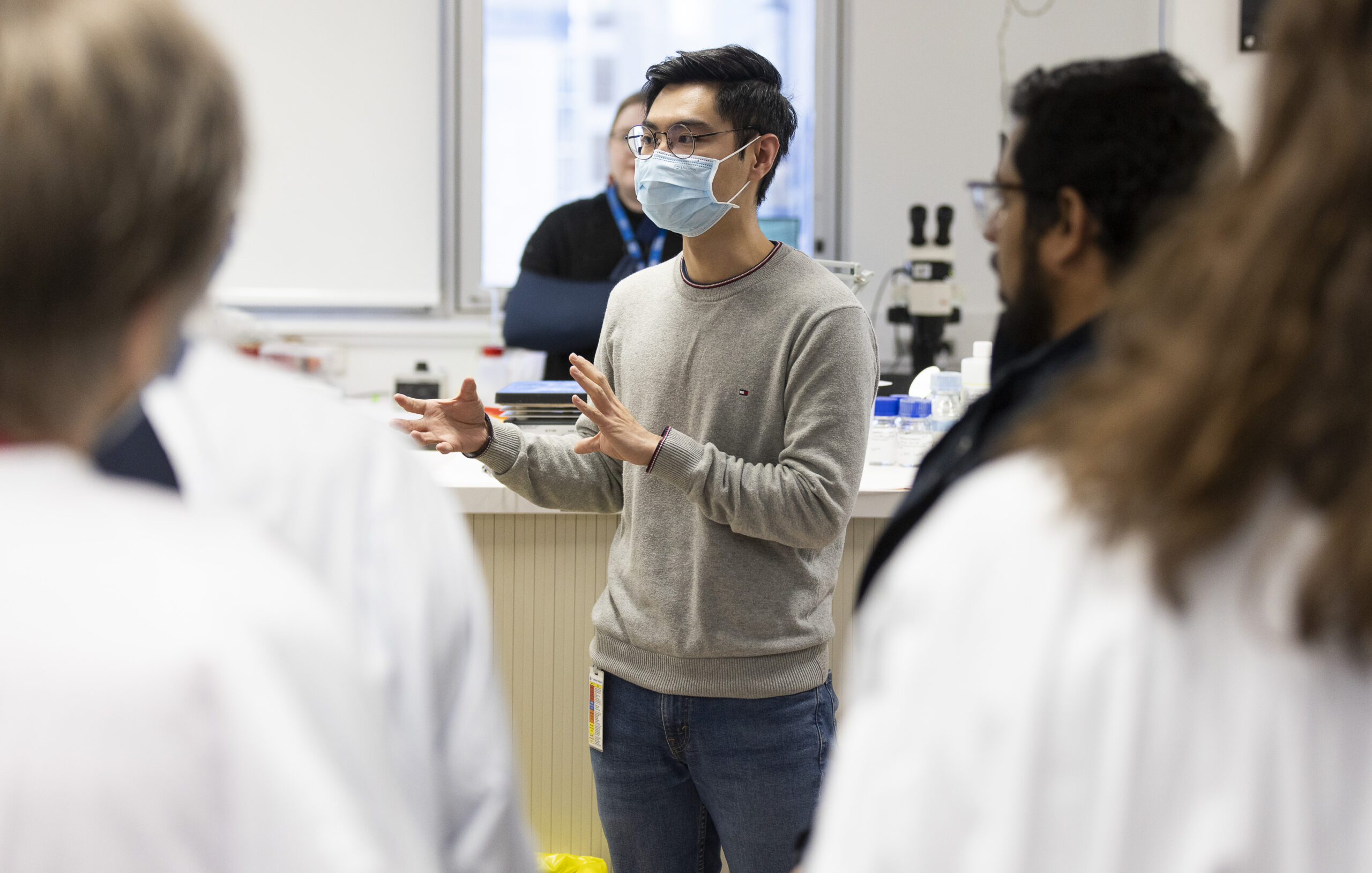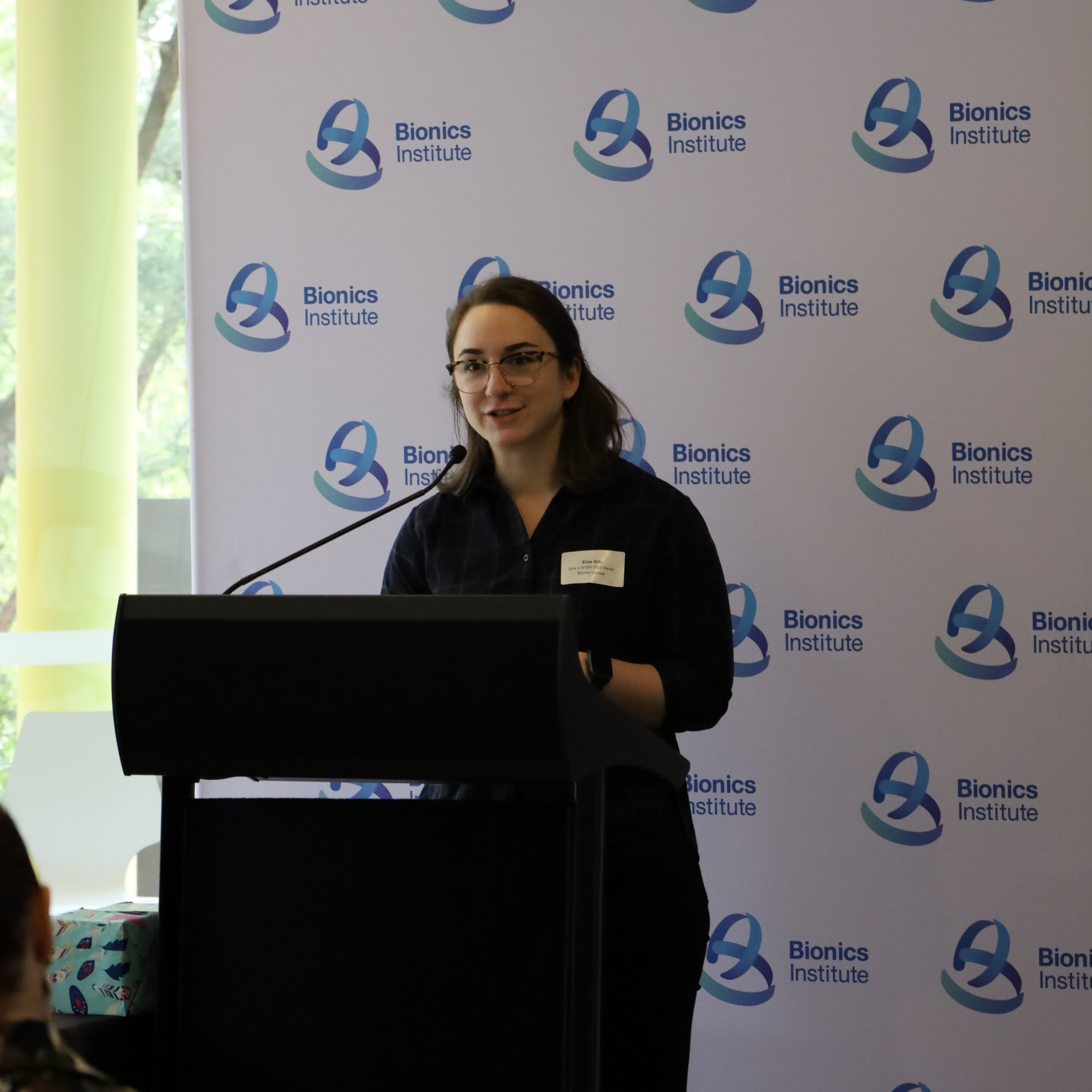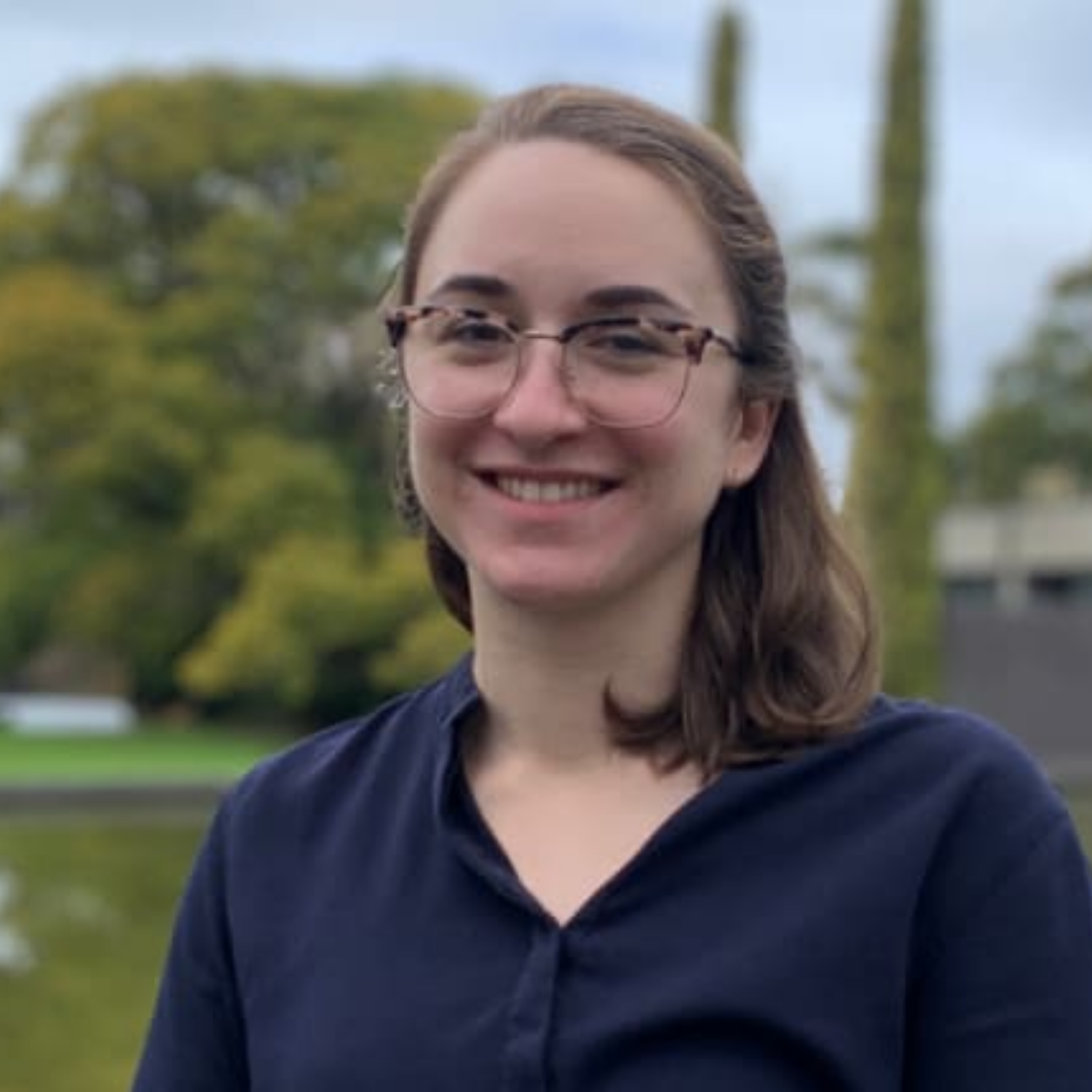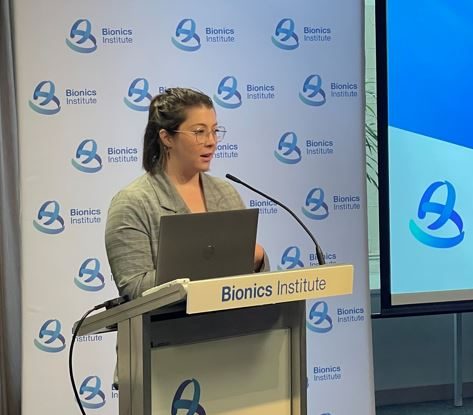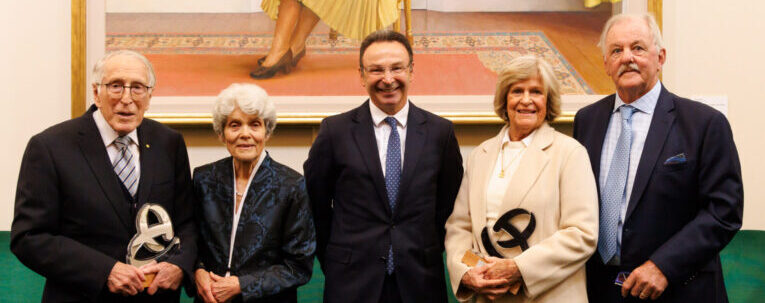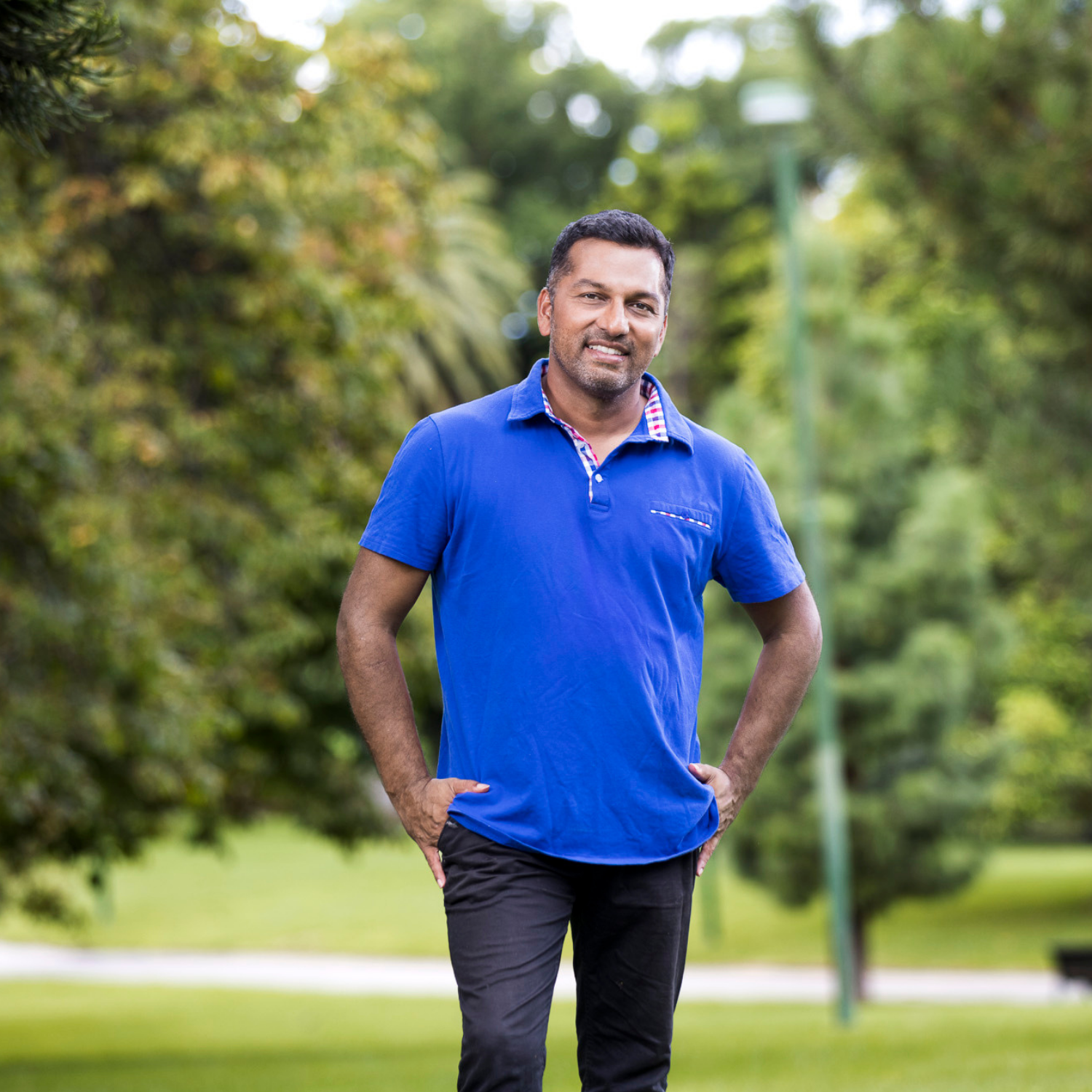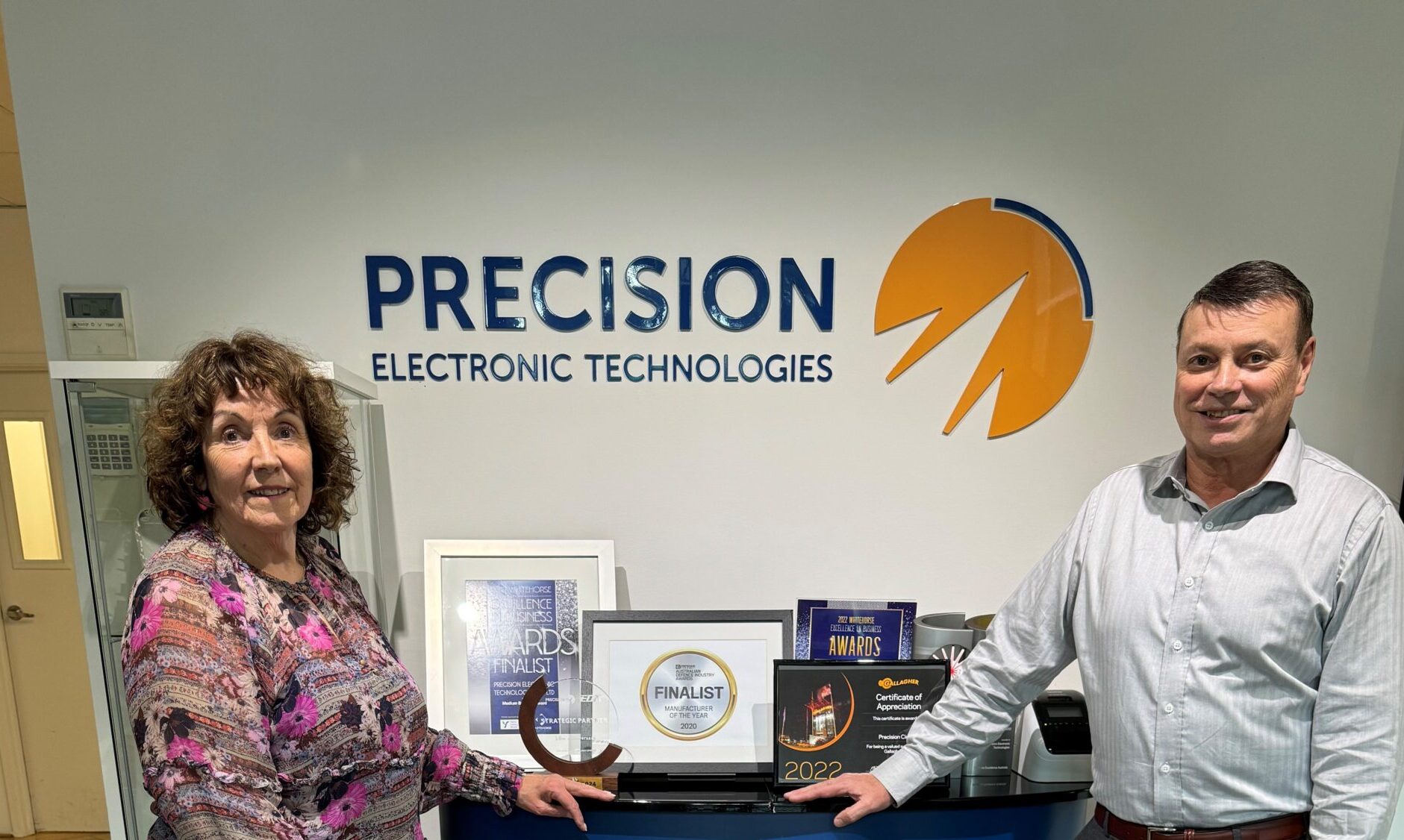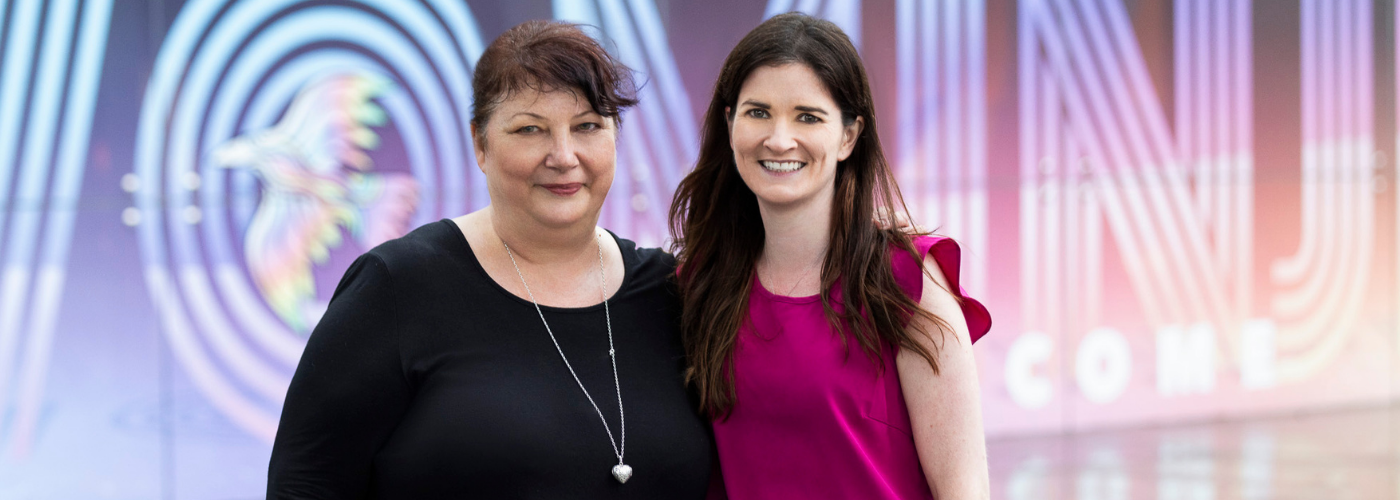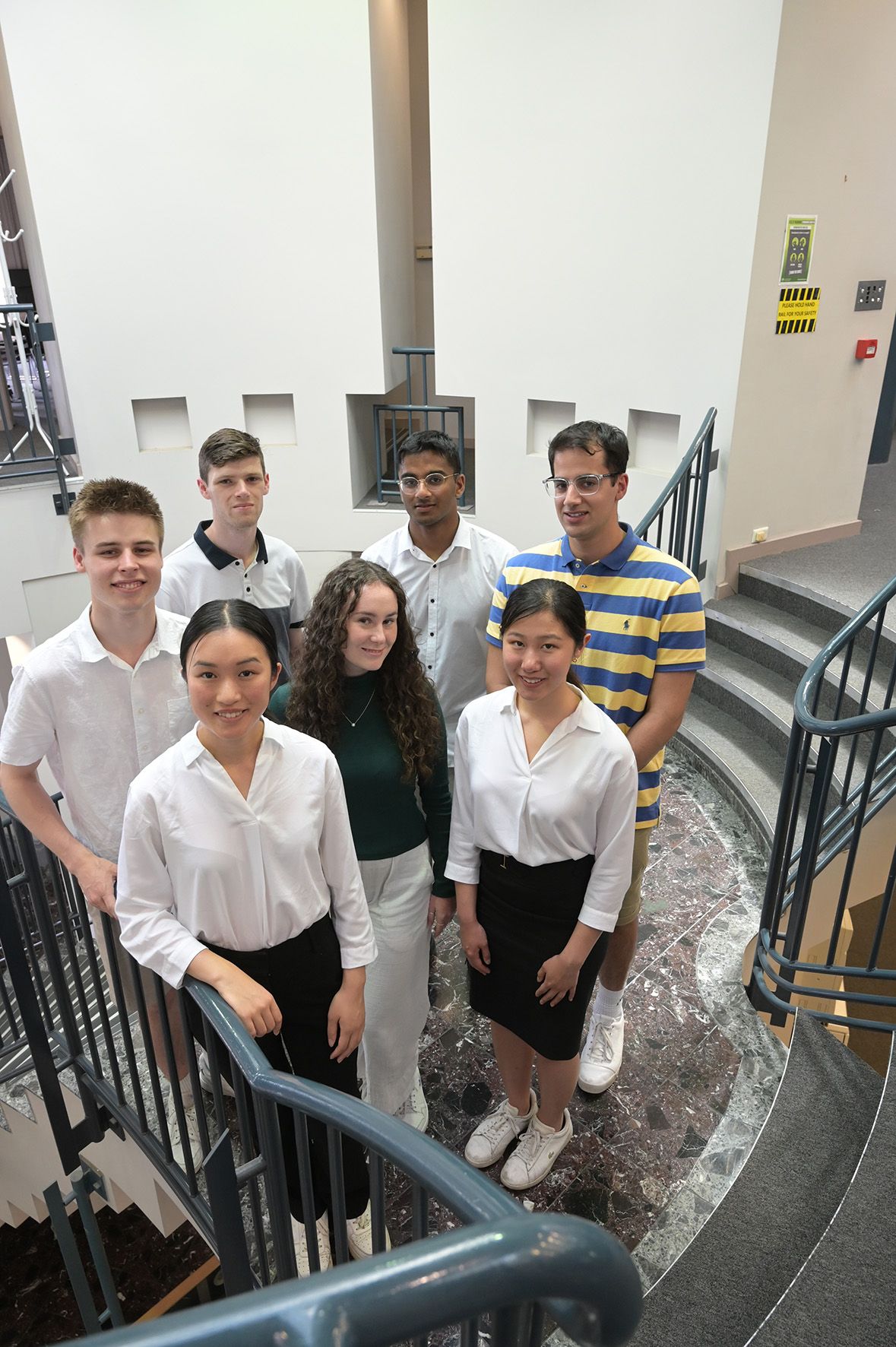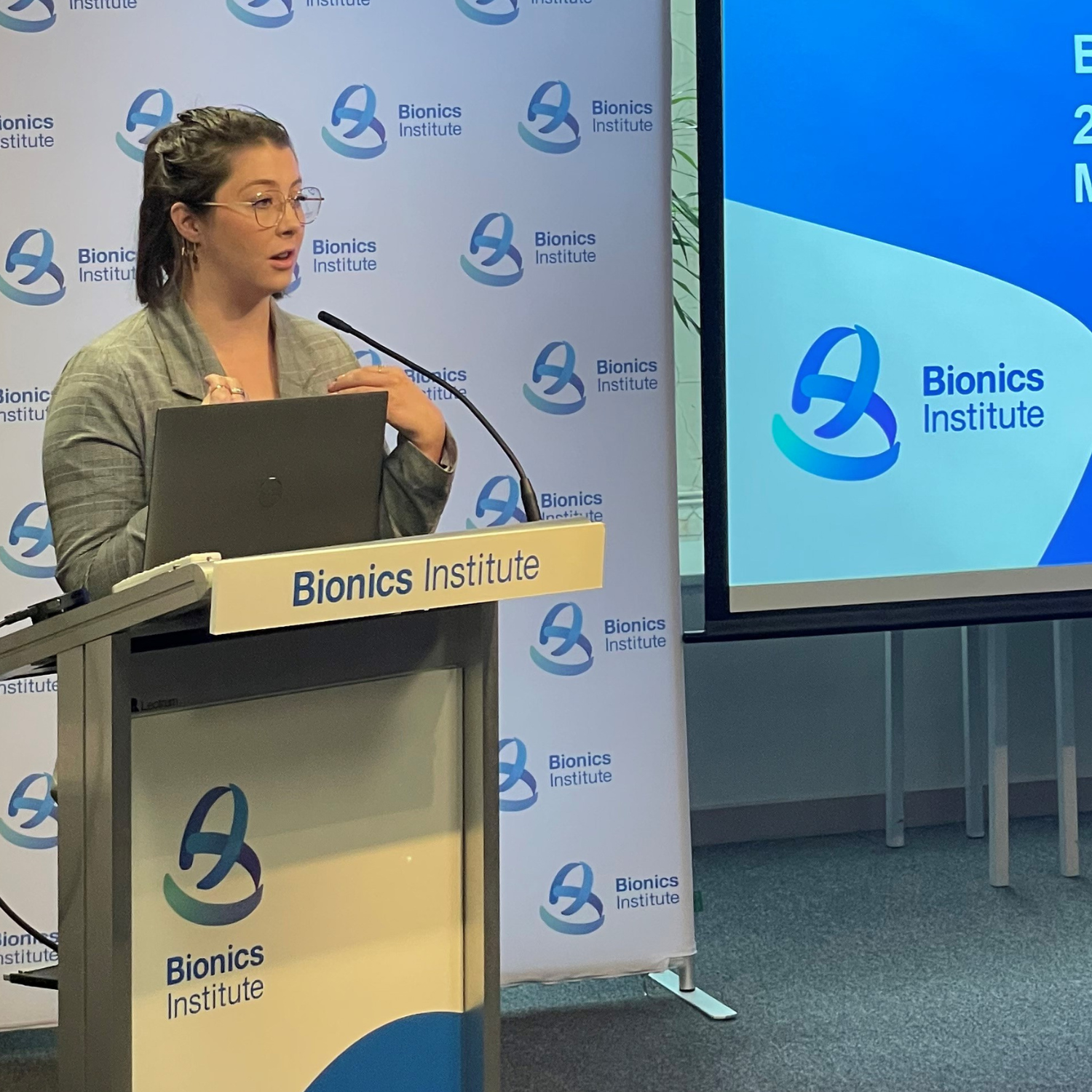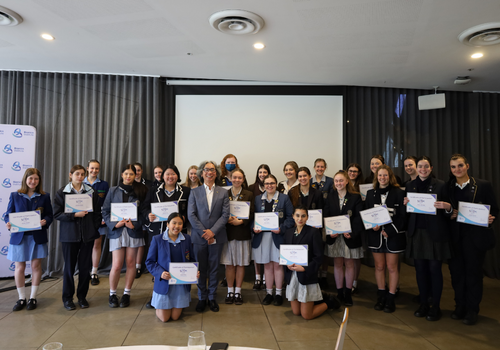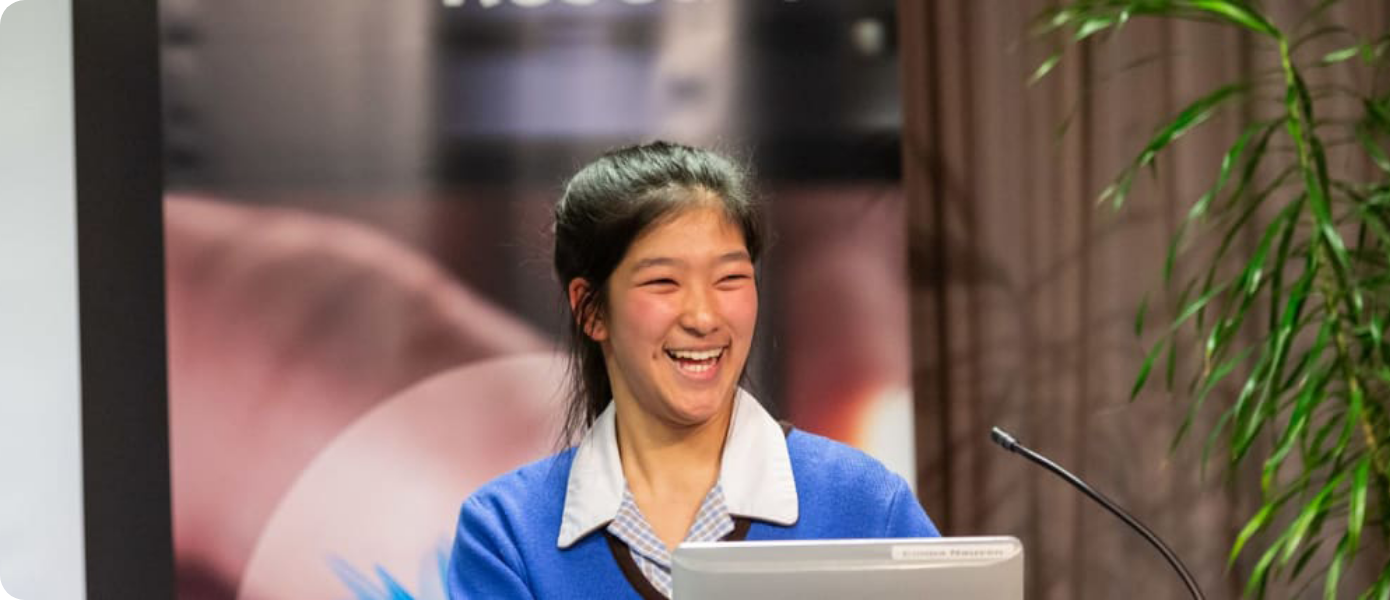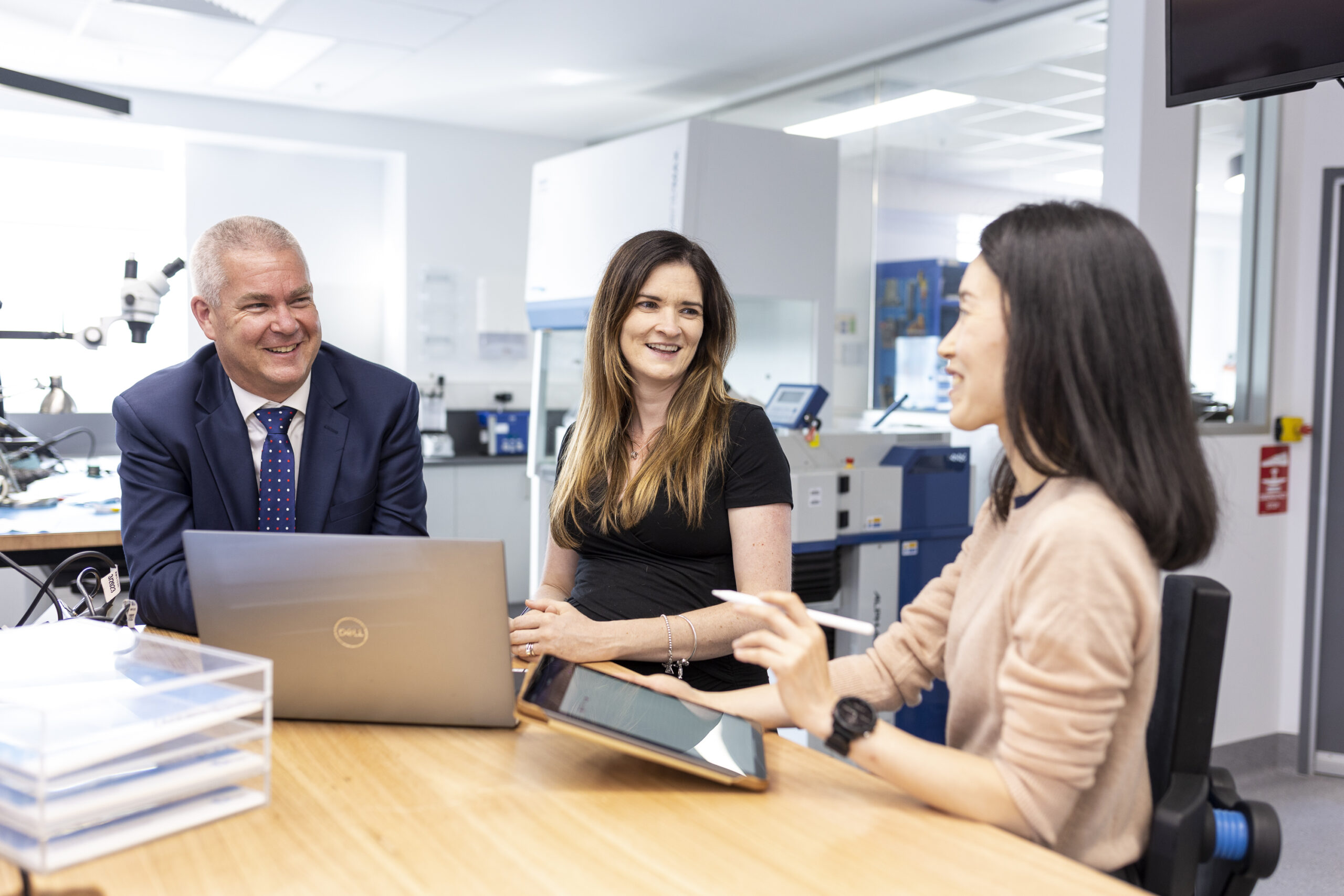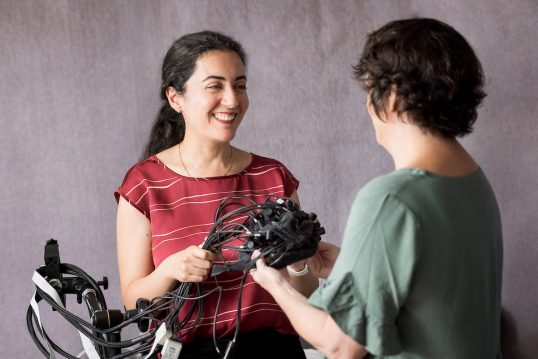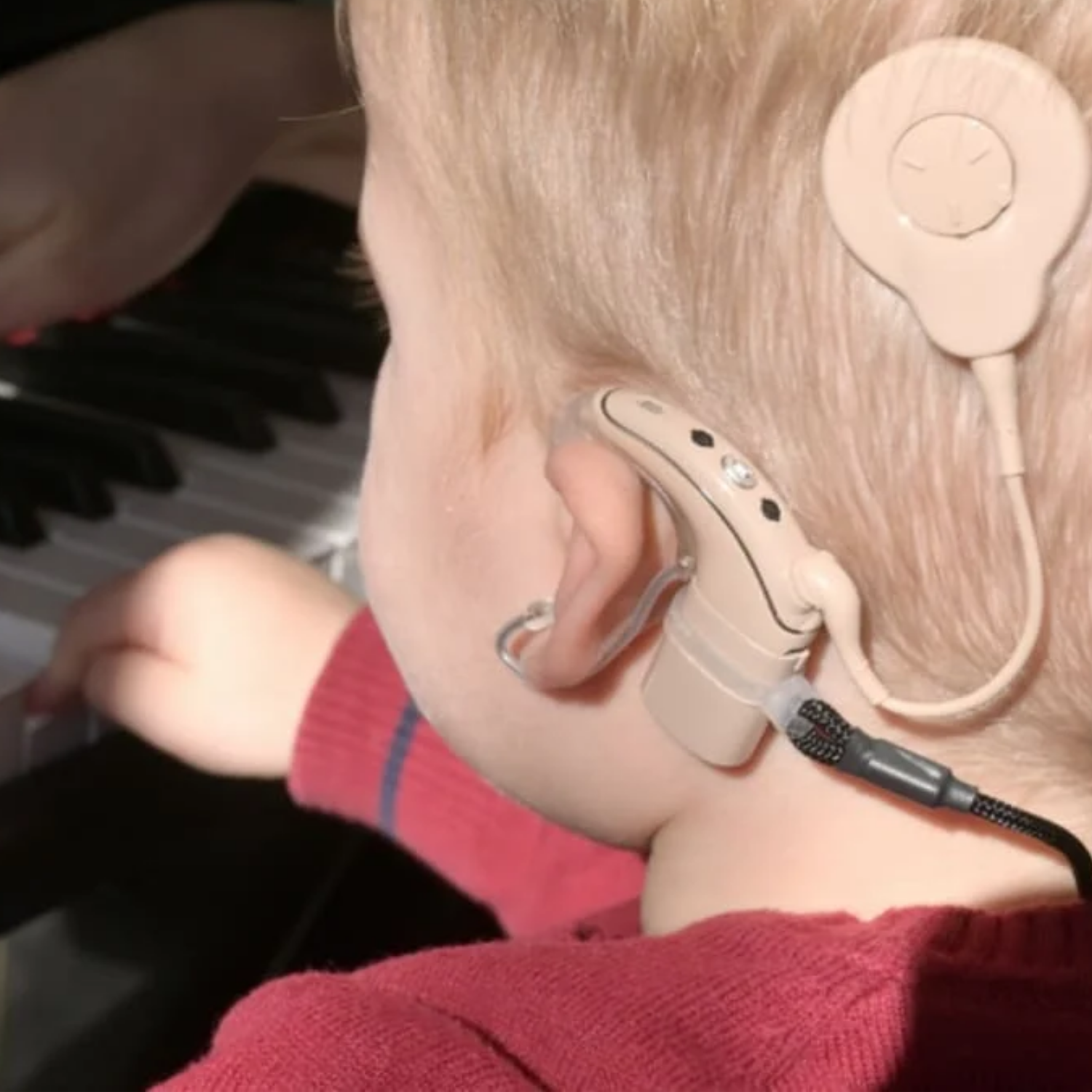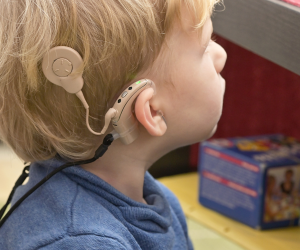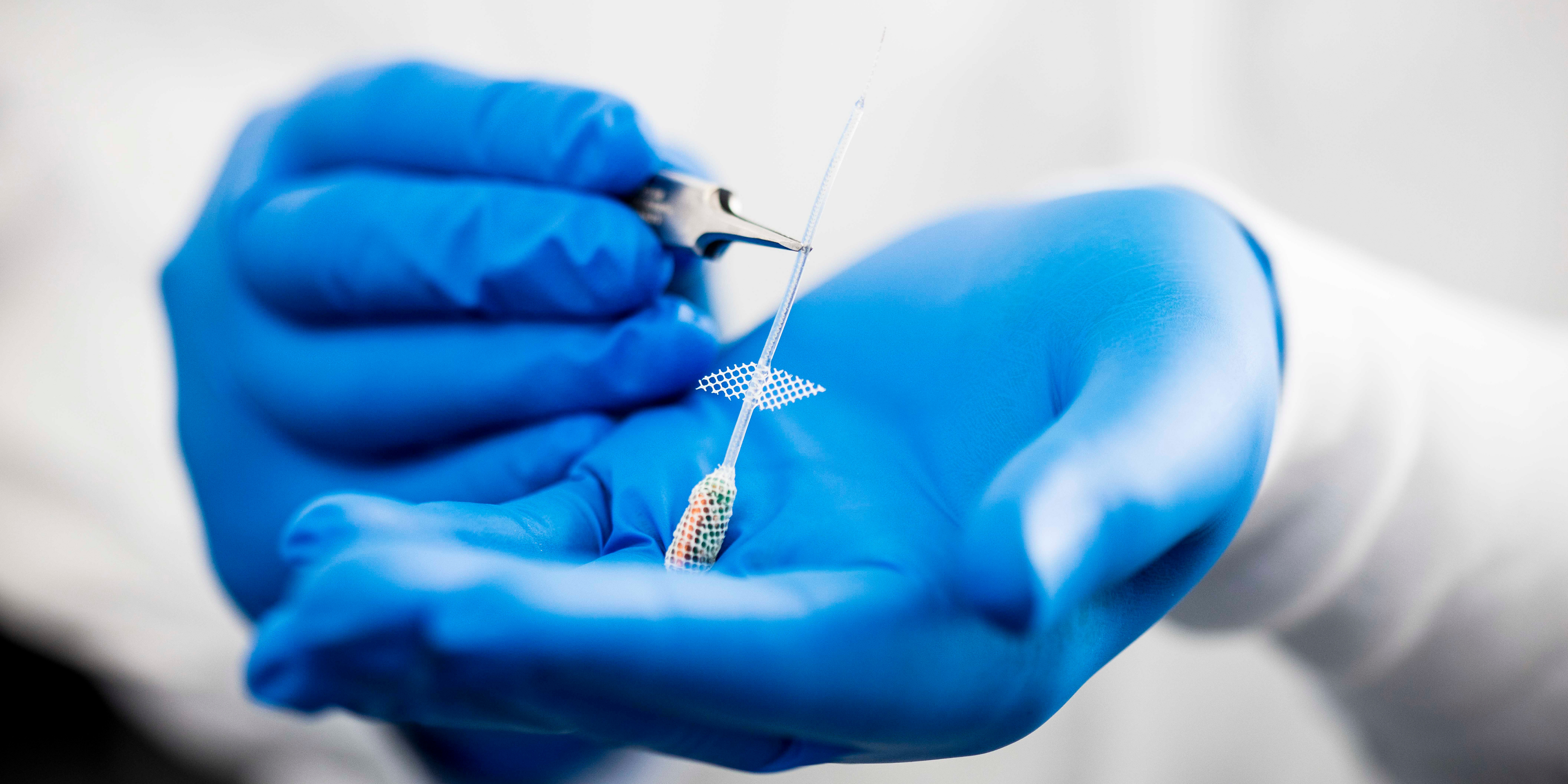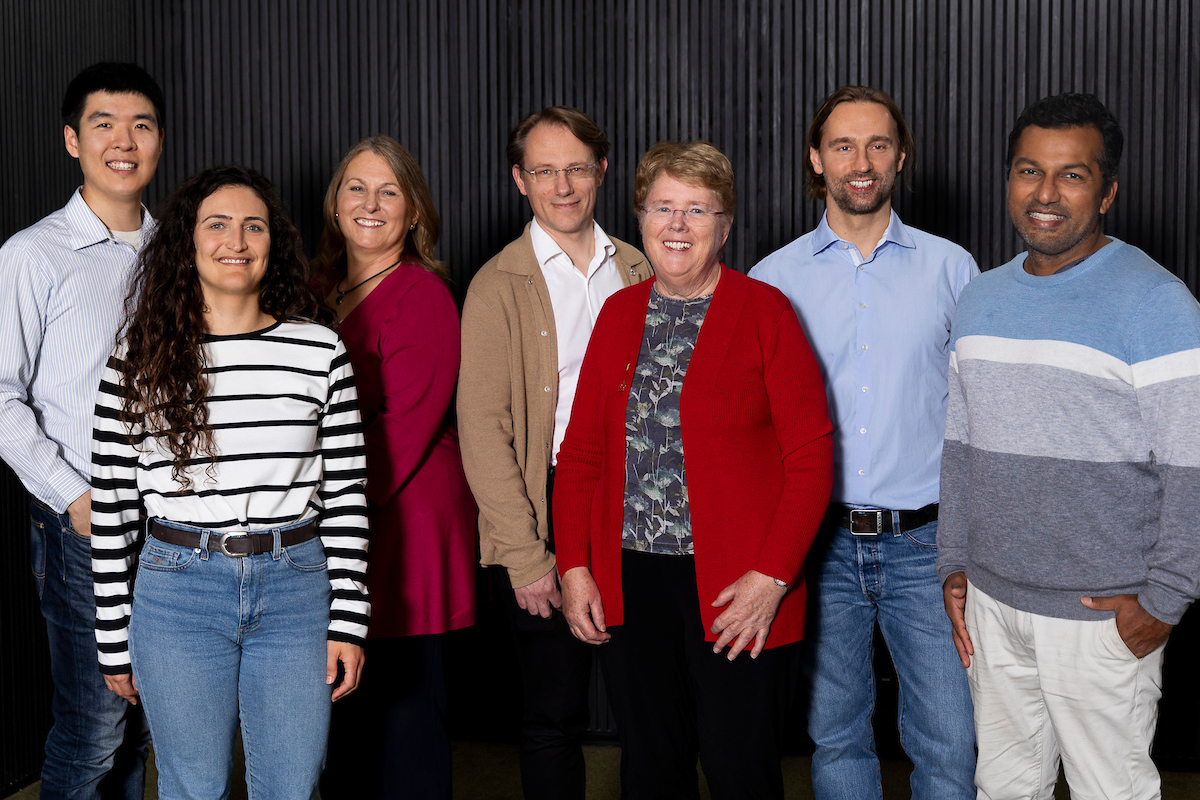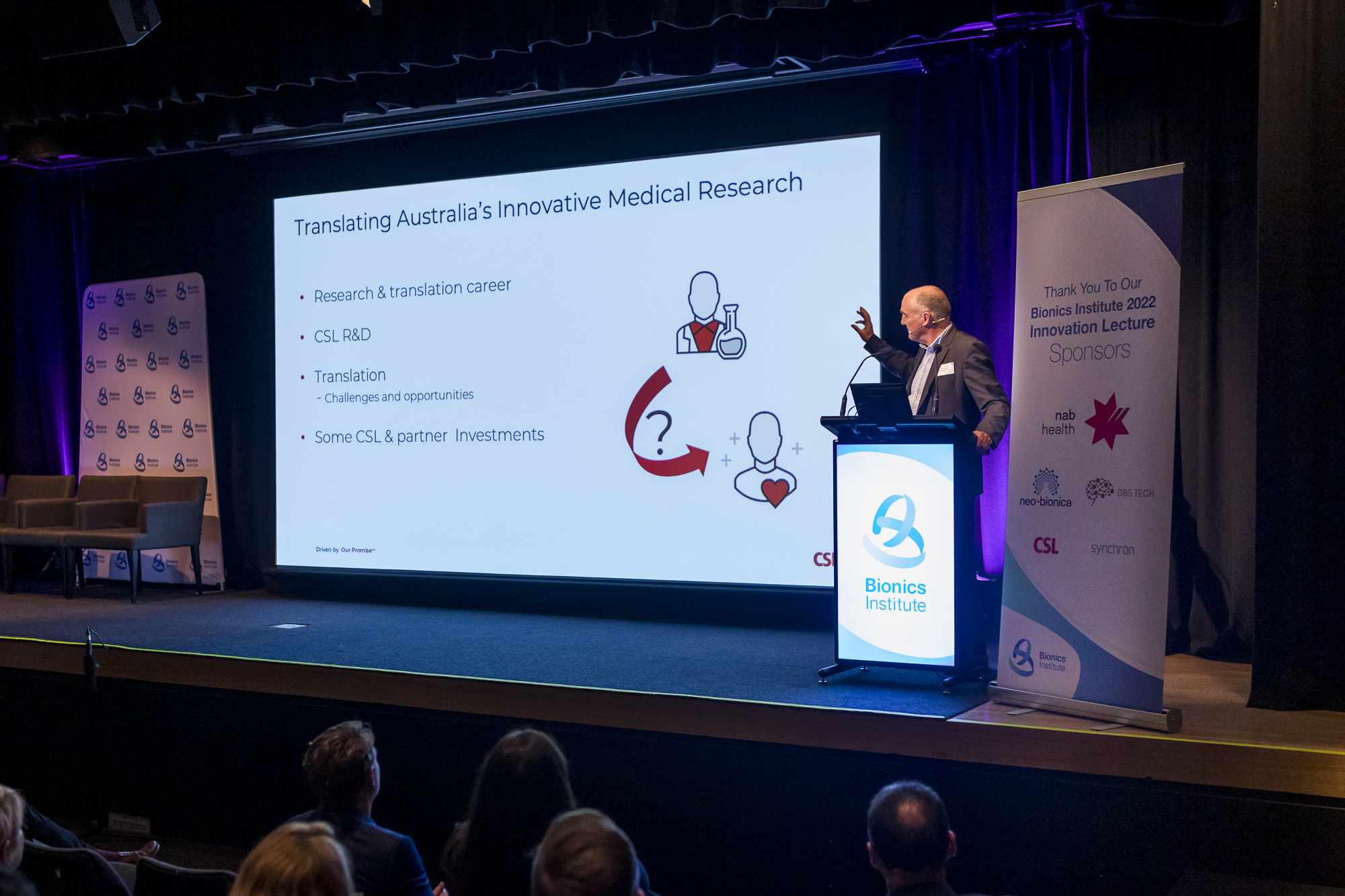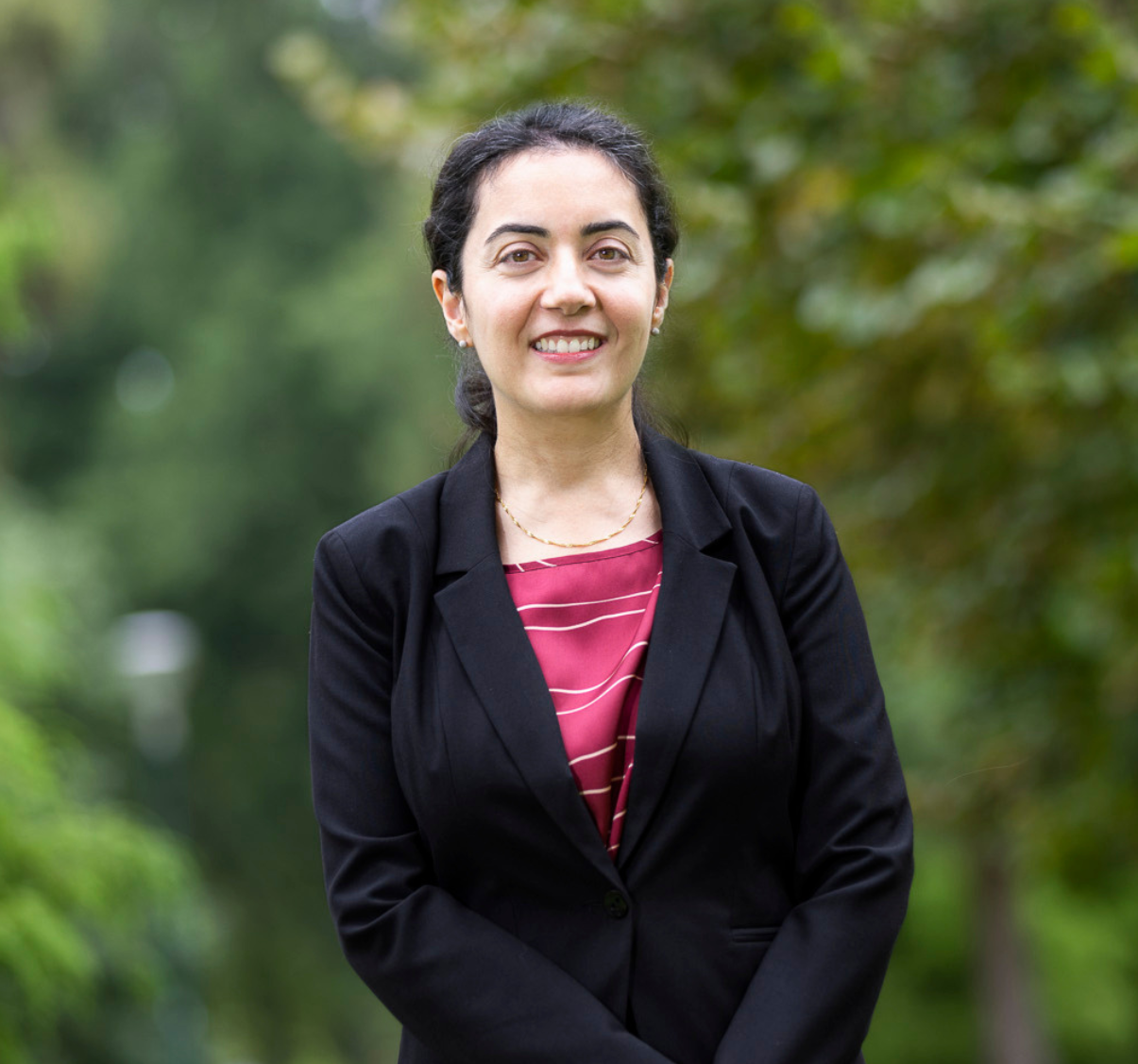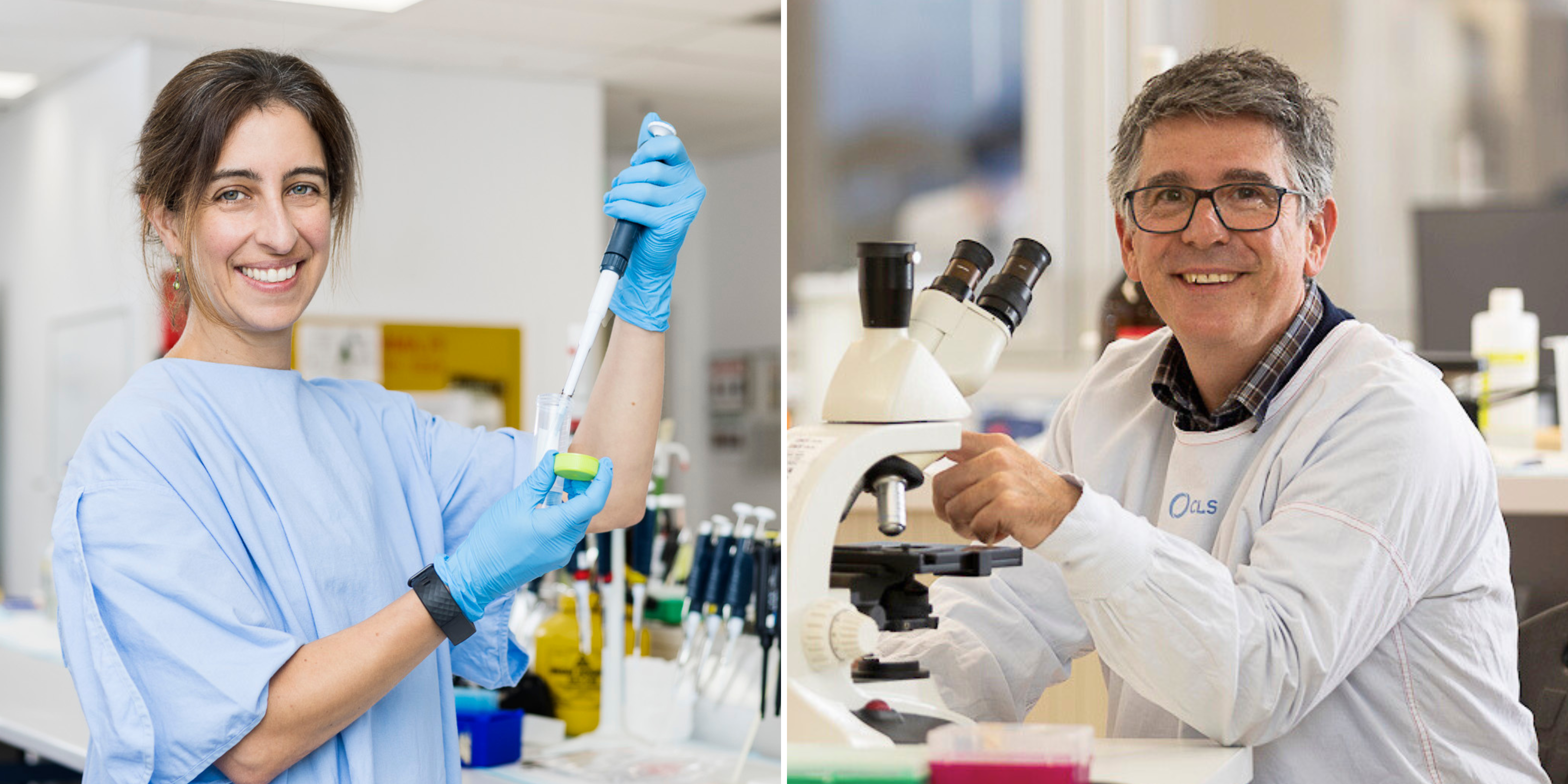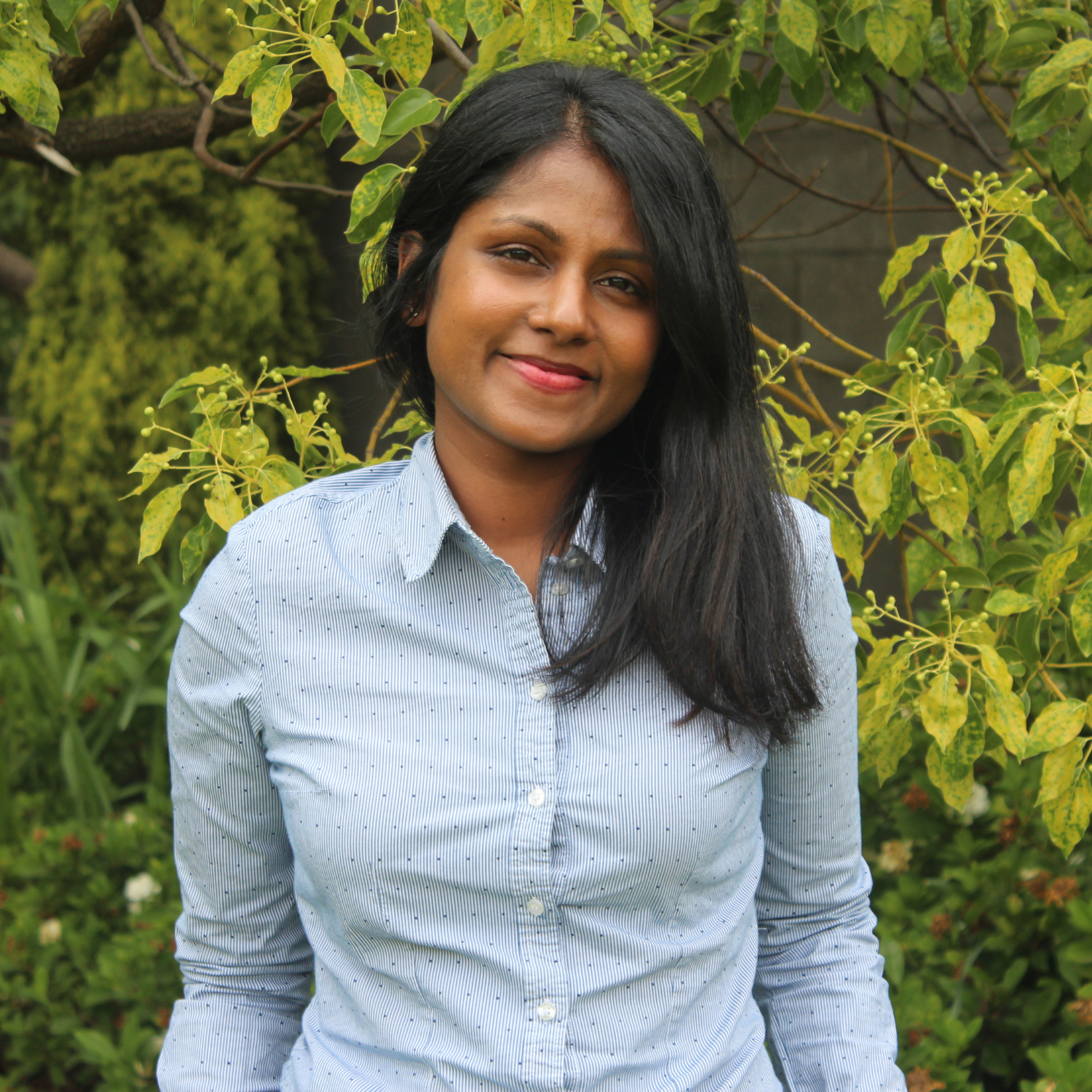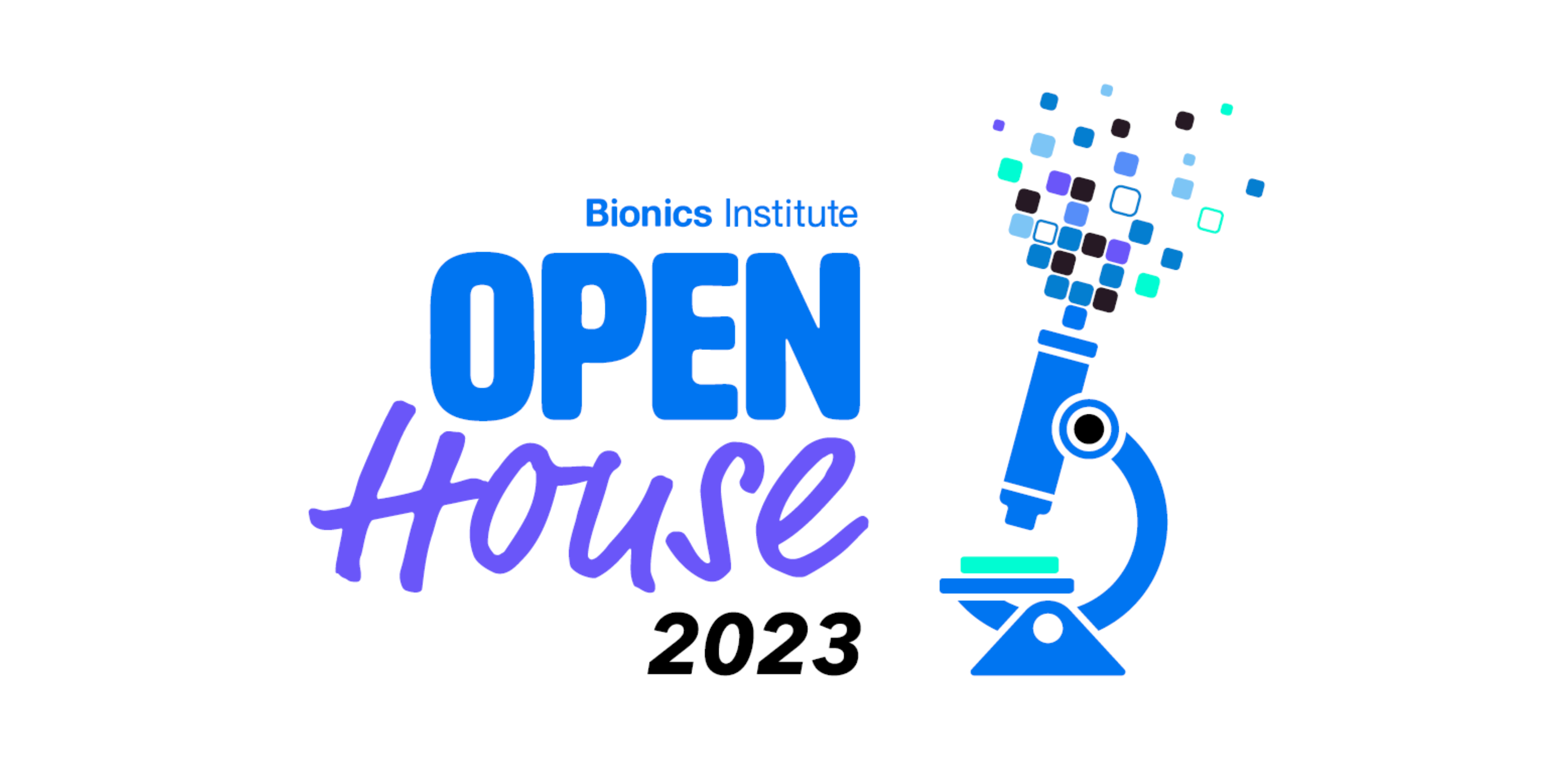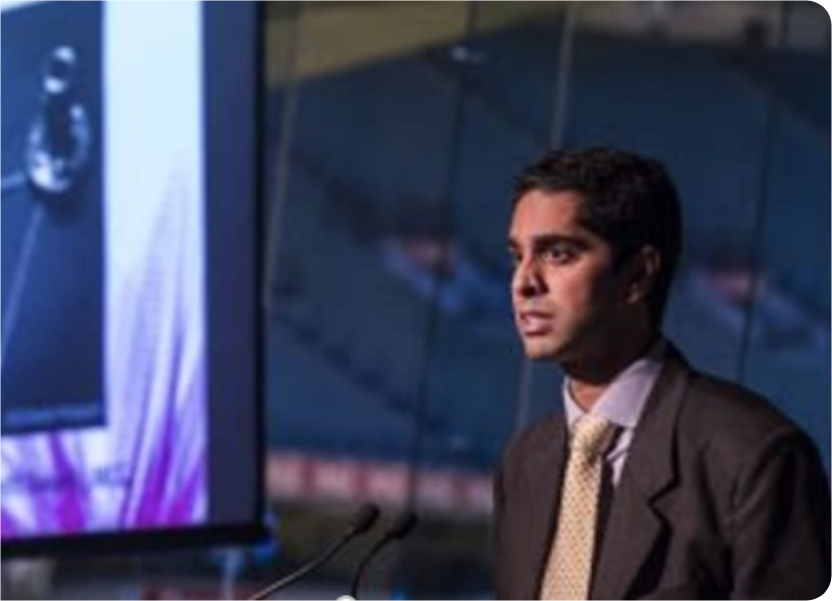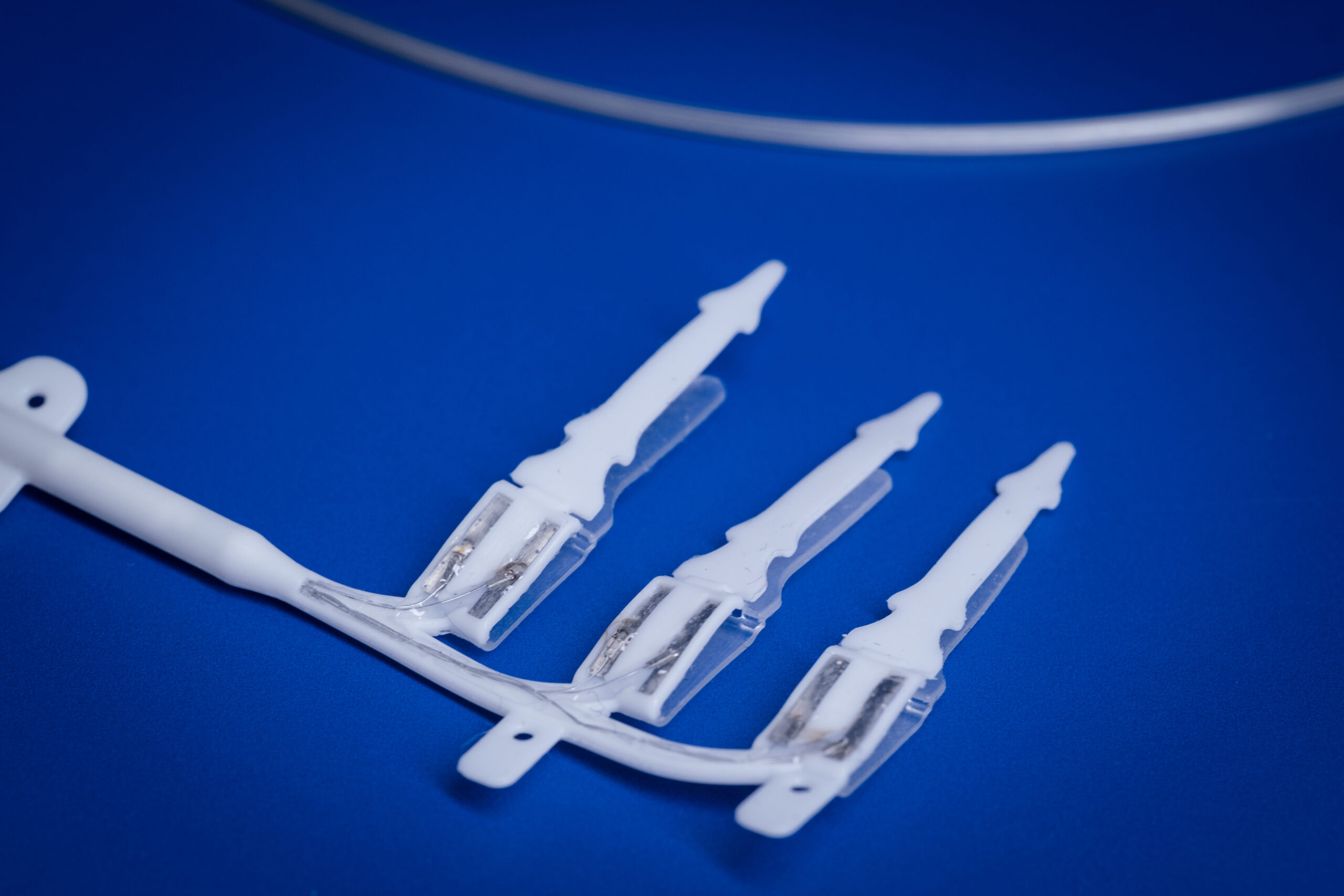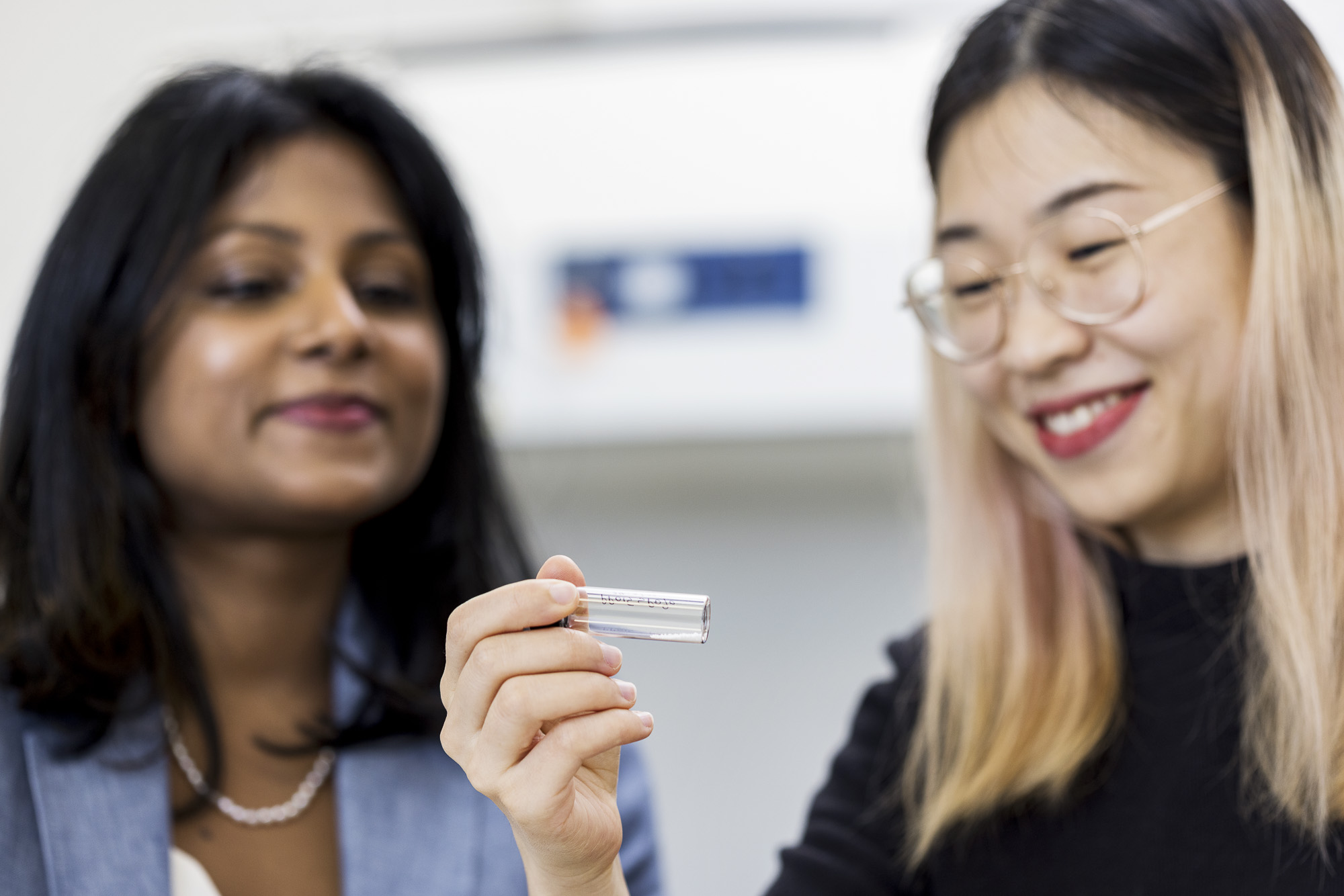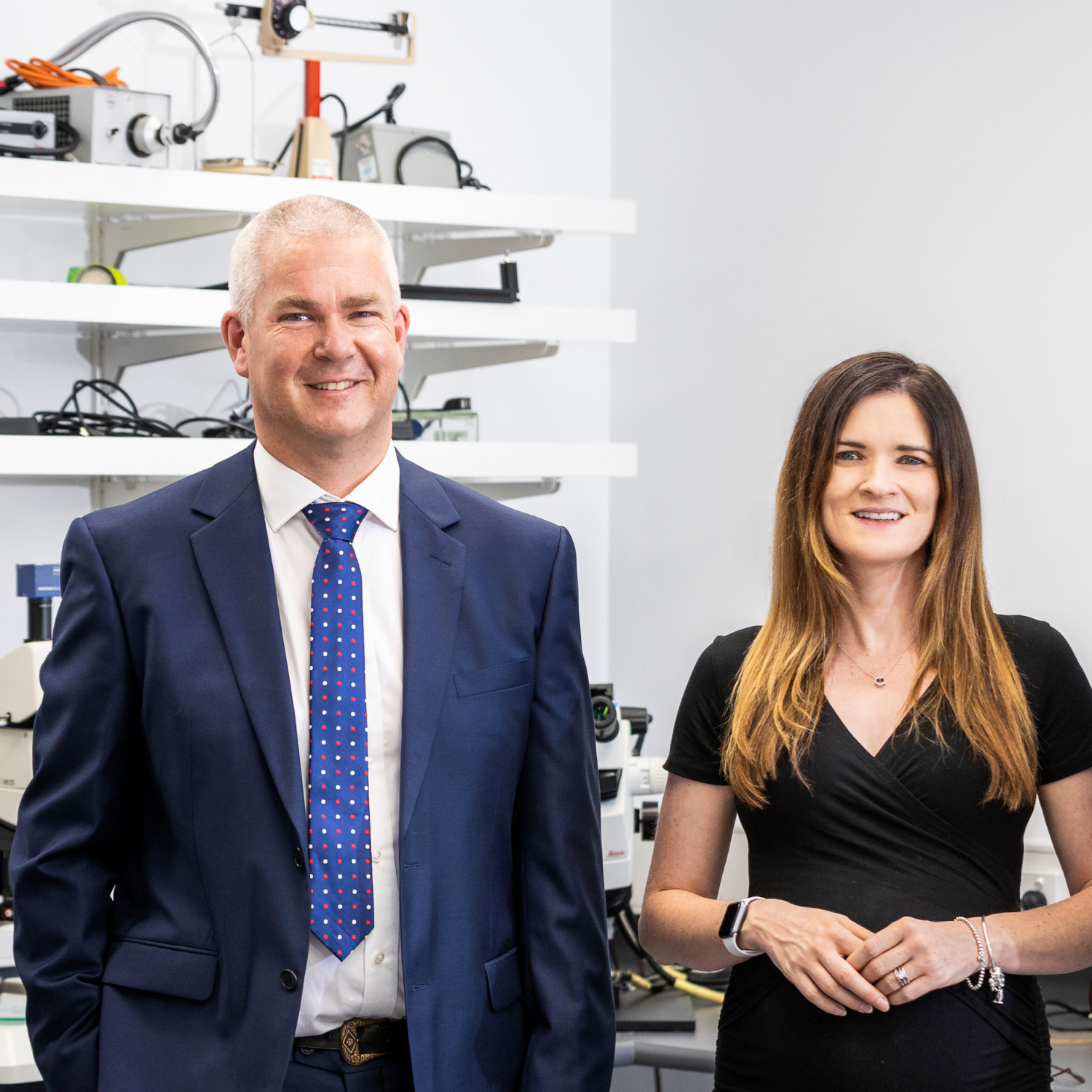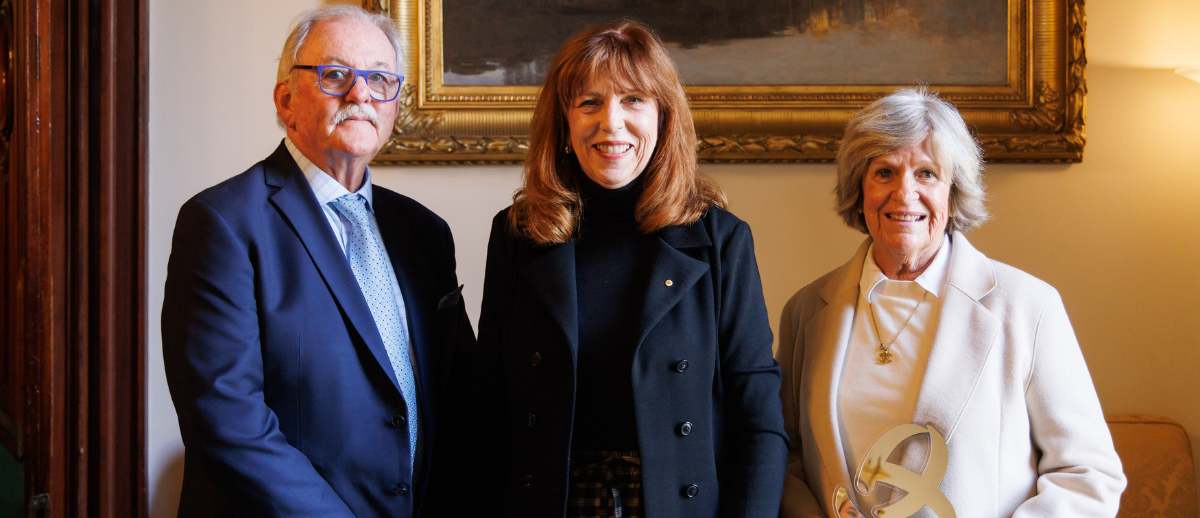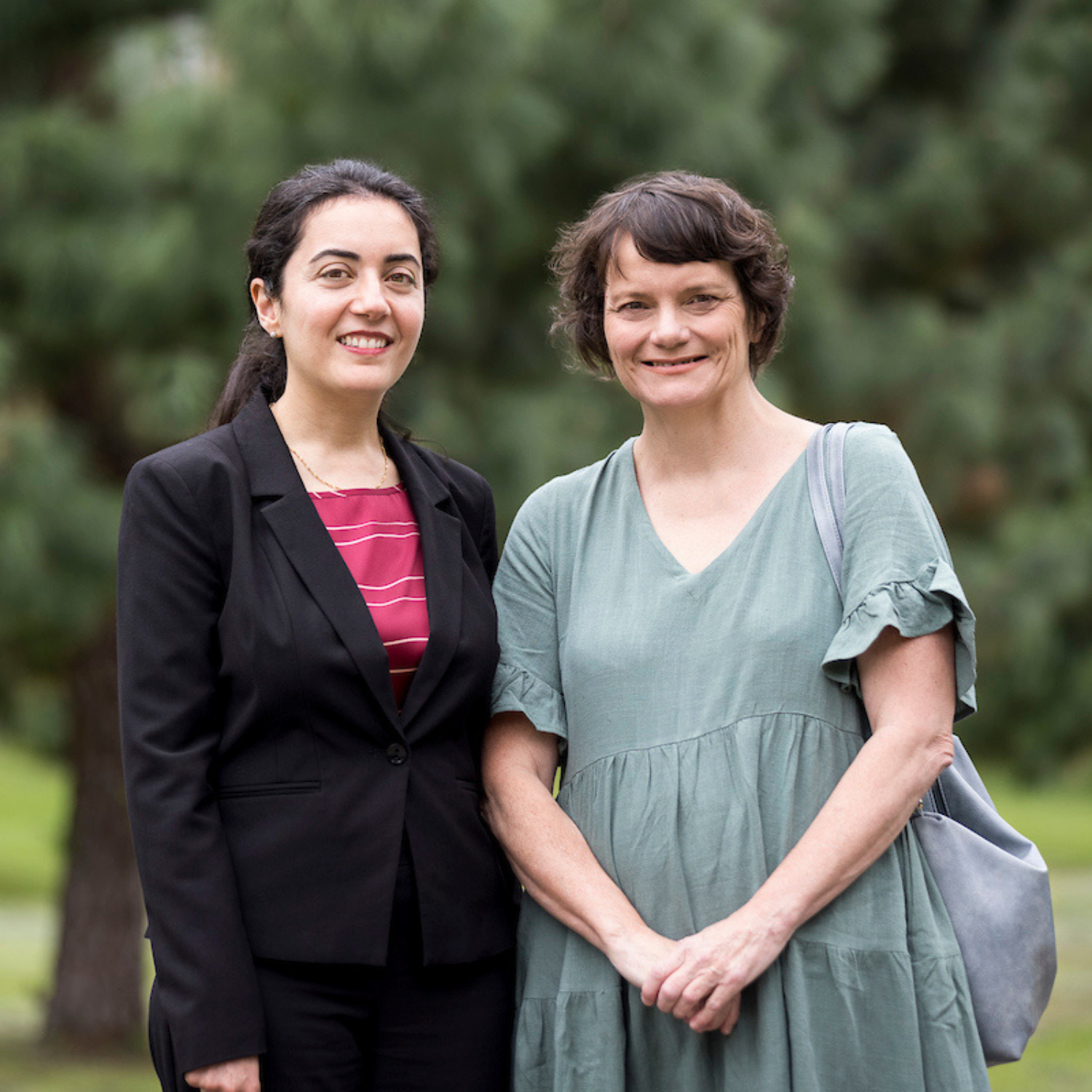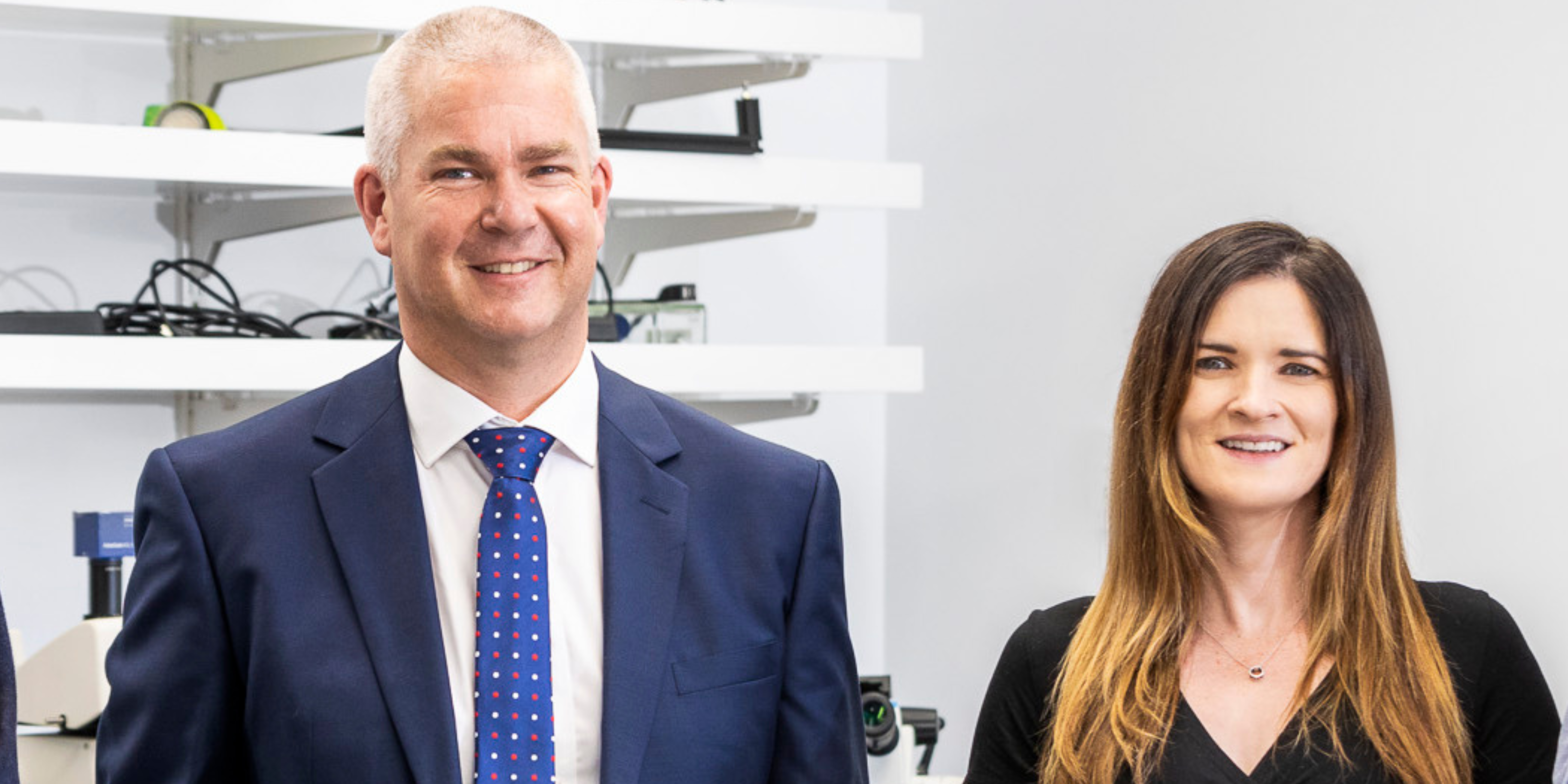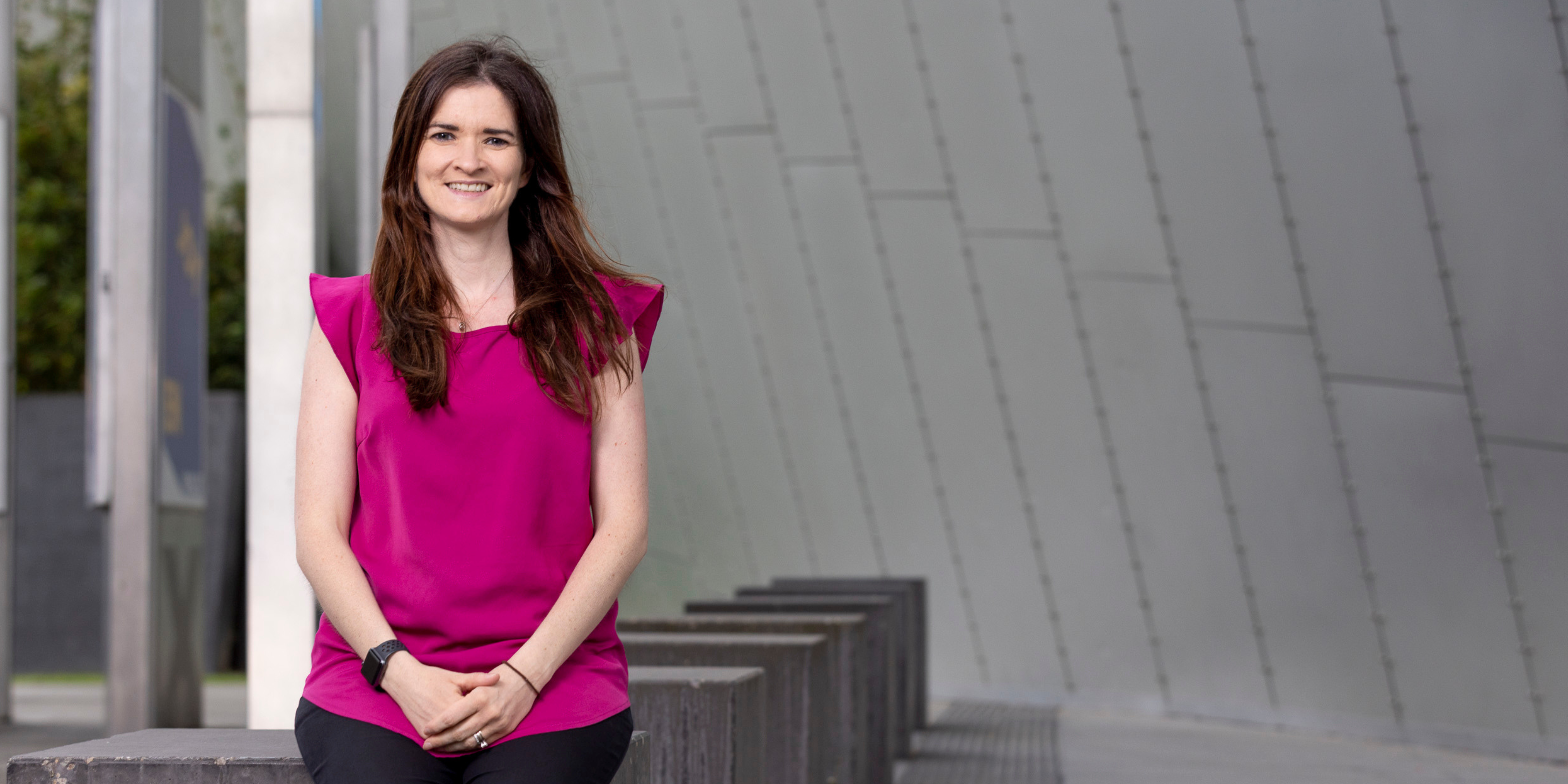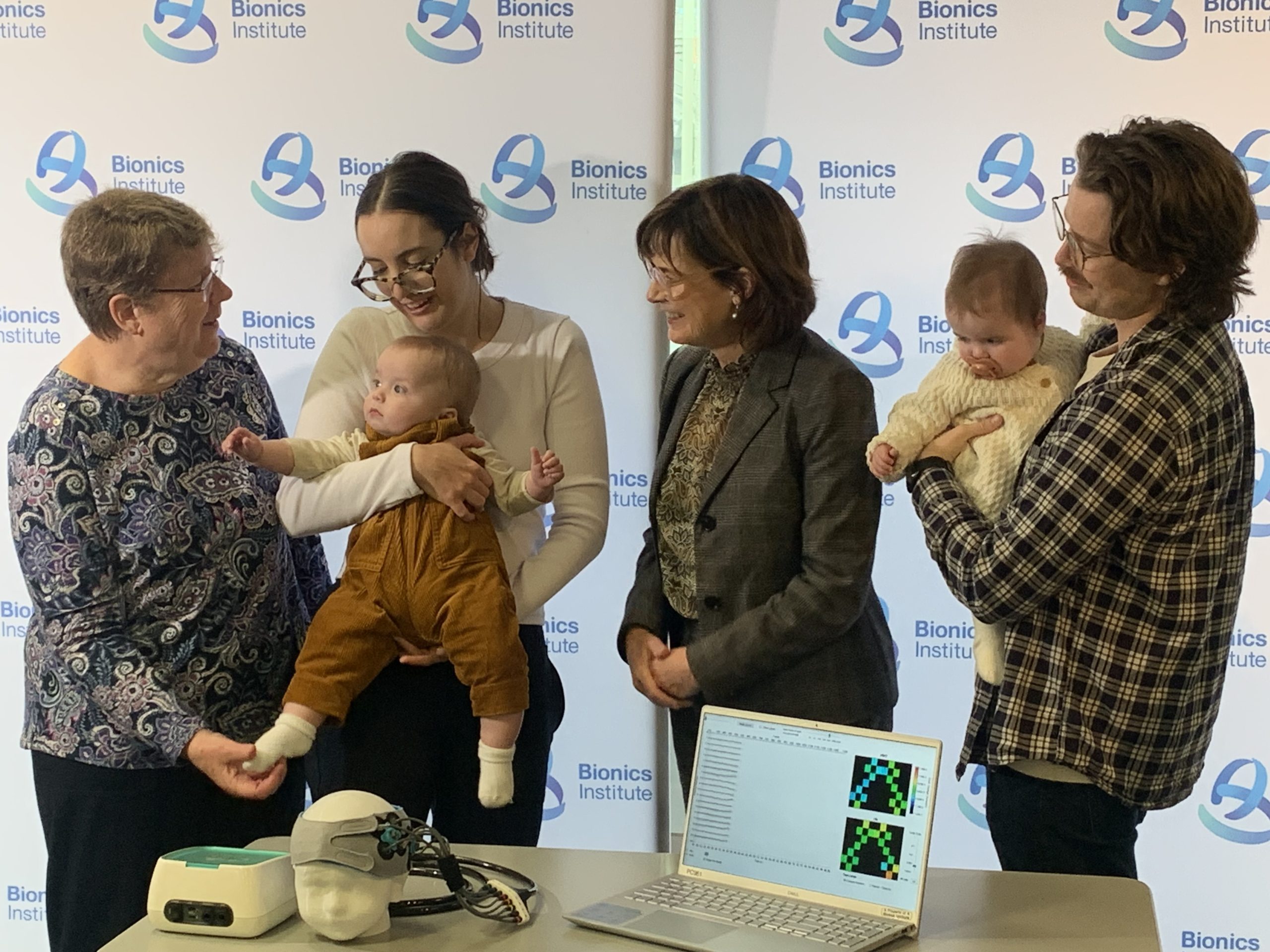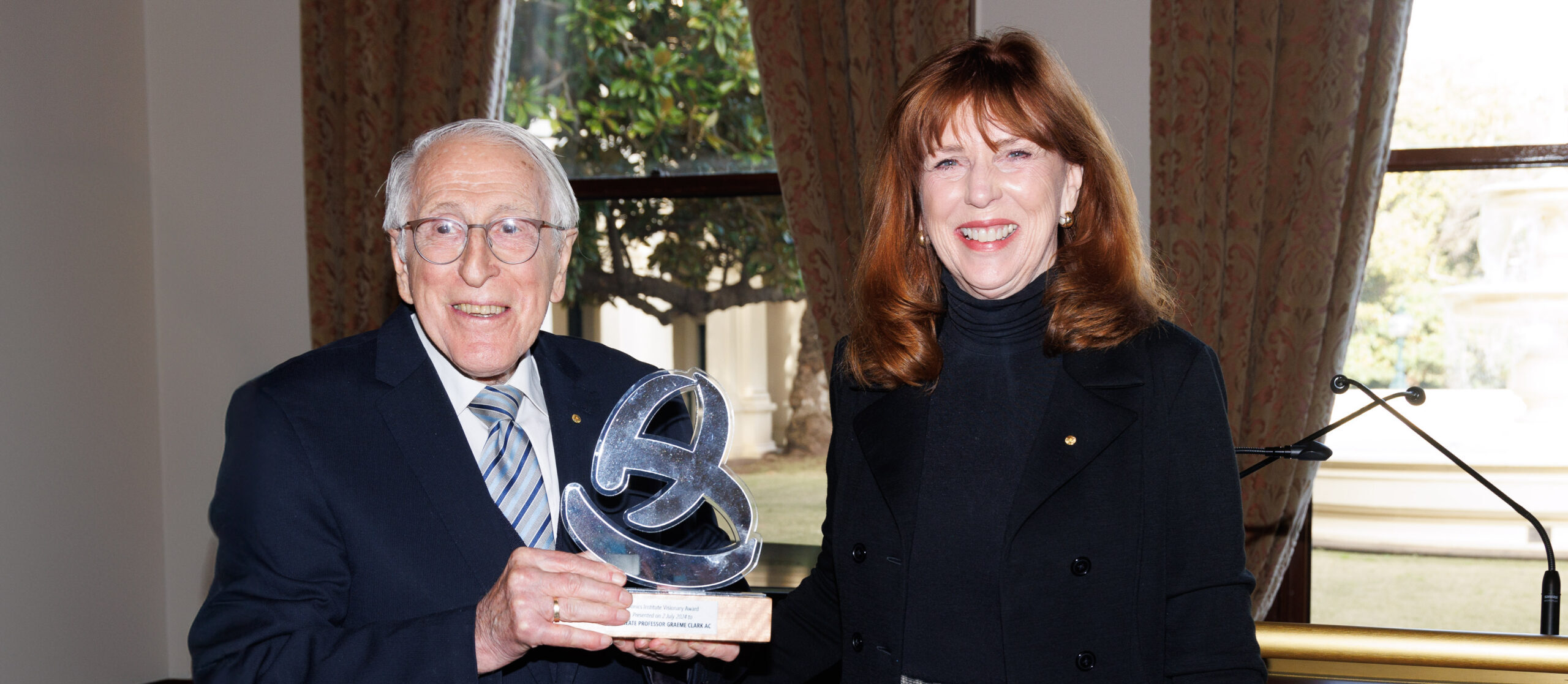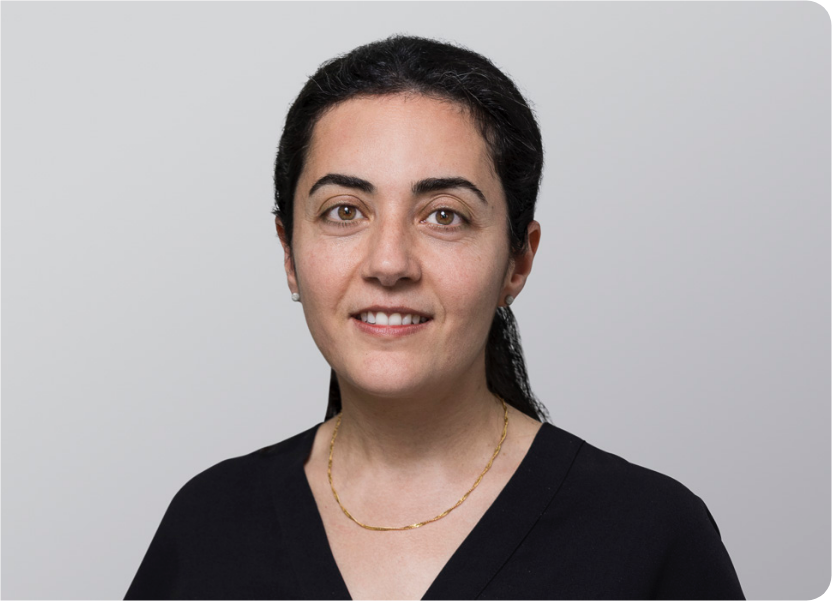
Dr Mehrnaz Shoushtarian, Project Leader – Tinnitus Imaging
Mehrnaz Shoushtarian graduated with a PhD in Biomedical Engineering from Monash University.
She has worked in both research (Monash Health, Eastern Health) and industry (Cortical Dynamics, Hearing Cooperative Research Centre).
Dr Shoushtarian’s research has focused on measurement and processing of physiological signals using conventional and novel recording techniques and use of research outcomes for development and commercialisation of medical devices.
Her main focus at the Bionics Institute involves using functional near-infrared spectroscopy (fNIRS) and other physiological measures, to develop objective measures of tinnitus.
Mehrnaz also has an interest in peripheral sensory stimulation as a treatment for neurological conditions which are characterised by abnormal synchronous activity in the brain (e.g., tinnitus and Parkinson’s disease).
She is working on recording brain activity in response to such peripheral stimulation, to better guide optimising stimulation parameters.
Mehrnaz has a great interest in processes needed for research translation. She is part of the Quality Committee at the Bionics Institute and helped implement ISO 9001 Quality Management System across the Institute.
Bionics Institute is now the first Australian Medical Research Institute to receive this accreditation covering all operations and clarifying research commercialisation pathways.
Previously Mehrnaz was Principal Scientist at Cortical Dynamics Ltd, a start-up medical device company, where she was part of a small team that took a depth of anaesthesia monitor prototype through to clinical trials and regulatory approval in Australia and Europe.
She also co-led establishment of ISO13485 (Quality Management Systems for Medical Devices) across the company.
Mehrnaz volunteers with the Institute of Electrical and Electronics Engineers (IEEE) and led the Victorian Section, as Section Chair, in 2020-2021.
As part of her work with the IEEE, she mentors students and new IEEE Committee volunteers and she is also a mentor for Year 11 students in the ‘Mentoring the Next Generation of Women in STEMM’ program at the Bionics Institute.
URL: https://www.bionicsinstitute.org/dr-mehrnaz-shoushtarian
ORCID: 0000-0002-3611-9877.
Google Scholar: Mehrnaz Shoushtarian
Recent publications:
1. Shoushtarian M, Alizadehsani R, Khosravi A, et al. “Objective measurement of tinnitus using functional near-infrared spectroscopy and machine learning”, PLOS One, 15(11):e0241695, 2020.
2. Shoushtarian M, Weder S, Innes-Brown H, et al. “Assessing hearing by measuring heartbeat: the effect of sound level”, PLOS ONE, 14(2):e0212940, 2019.
3. Weder S, Zhou X, Shoushtarian M, Innes-Brown H, McKay CM. “Cortical processing related to intensity of a modulated noise stimulus – a functional near infrared study”, Journal of the Association for Research in Otolaryngology, 19(3):273-286, 2018.
4. Weder S, Shoushtarian M, Olivares V, Zhou X, Innes-Brown H, McKay CM. “Cortical fNIRS responses can be better explained by loudness percept than sound intensity”, Ear and Hearing, 41(5):1187-1195, 2020.
5. Shoushtarian M, McGlade D, Delacretaz L, Liley D. “Evaluation of the Brain Anaesthesia Response Monitor during anaesthesia for cardiac surgery: a double-blind, randomized controlled trial using two doses of fentanyl”, Journal of Clinical Monitoring and Computing, 30(6):833-844, 2016.
